Hidden Signs of Dehydration That Aren't Just Thirst
In a world of endless coffee refills, air conditioning, and long screen hours, most of us walk around mildly dehydrated without even realizing it. We chalk up our exhaustion or irritability to stress, not realizing a simple glass of water could be the fix. Hydration is foundational—not just for physical performance, but for mental clarity, digestion, and emotional balance too. That’s why we’ve expanded our guide — a smarter, more complete way to decode your body’s quiet cues. These signs are subtle, but once you spot them, you can stop the spiral before it starts. Let’s dive in.
1. Fatigue – The Silent Thief of Energy

Fatigue is a common complaint in today's society, often attributed to stress, lack of sleep, or poor nutrition. However, dehydration is a frequently overlooked cause of persistent tiredness. When the body lacks sufficient water, blood volume decreases, leading to reduced efficiency in transporting oxygen and nutrients to cells. This results in a sluggish feeling, as the body struggles to perform its functions optimally. Furthermore, dehydration can impair the production of energy at the cellular level, exacerbating feelings of exhaustion. By recognizing fatigue as a potential sign of dehydration, individuals can take proactive steps to increase their water intake and restore their energy levels.
2. Headaches – The Unseen Connection
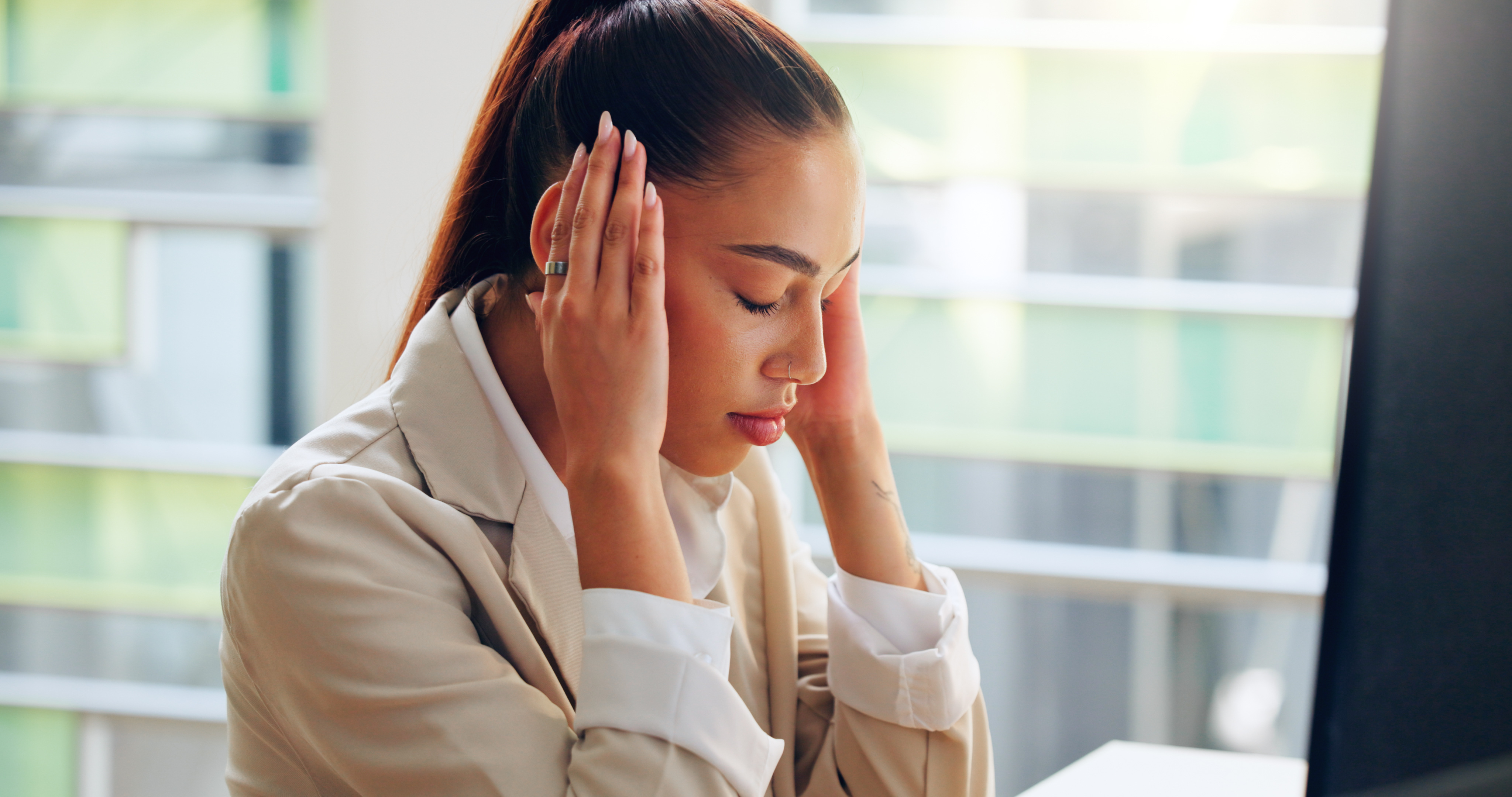
Headaches are another common ailment that can be linked to dehydration. When the body is dehydrated, the brain can temporarily shrink from fluid loss, causing it to pull away from the skull and trigger pain receptors. Additionally, dehydration can lead to reduced blood flow and oxygen delivery to the brain, further contributing to headache development. Many people reach for painkillers at the first sign of a headache, but rehydrating with water or electrolyte-rich fluids may offer a more natural and effective solution. Understanding the connection between hydration and headaches can help individuals make more informed choices about their health.
3. Dry Skin – More Than Just a Cosmetic Concern
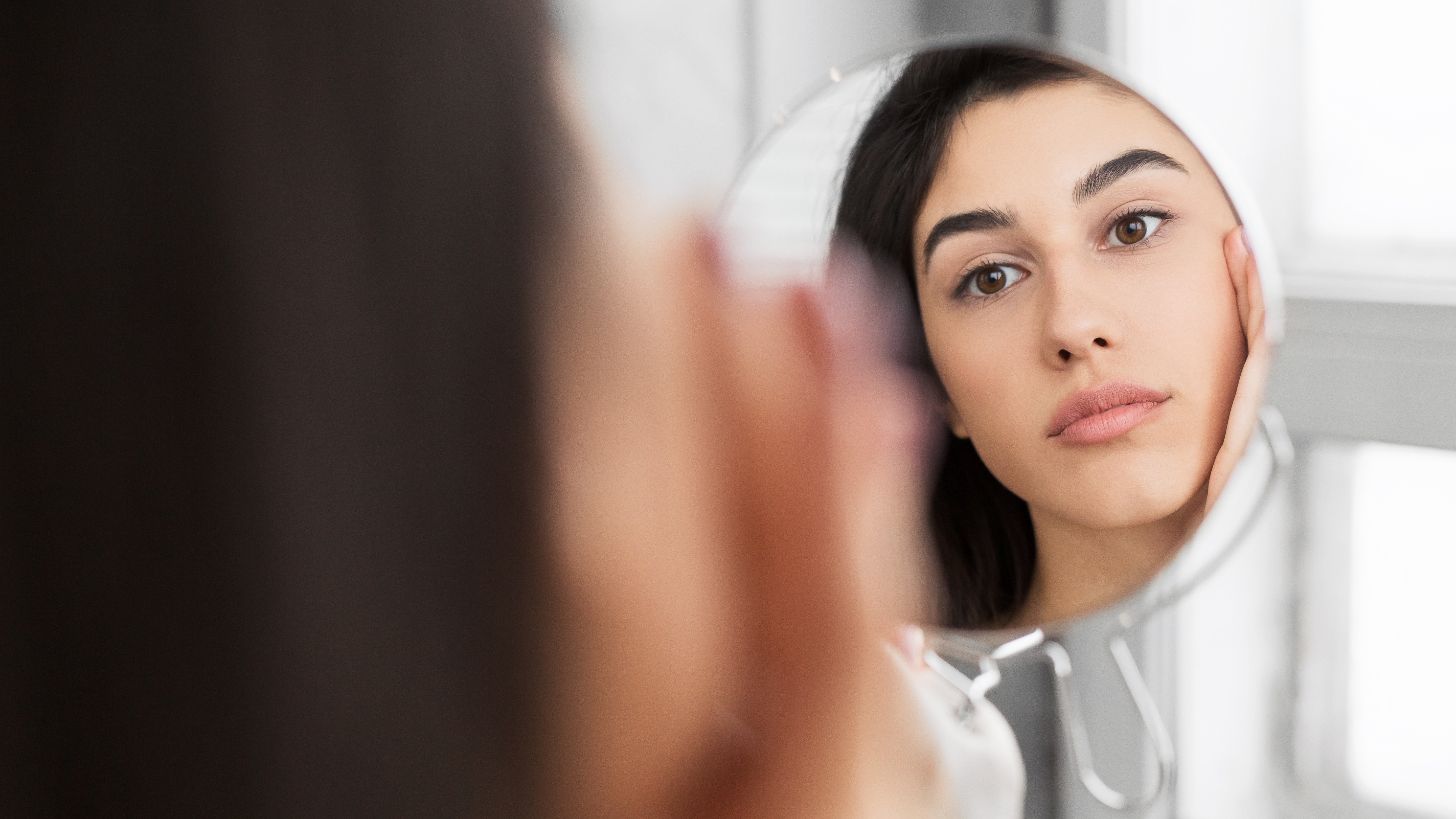
While dry skin is often attributed to environmental factors or skincare routines, it can also be a sign of dehydration. The skin is the body's largest organ and requires adequate hydration to maintain its elasticity and barrier function. When the body lacks water, it prioritizes vital organs over the skin, leading to dryness and a lackluster appearance. Moreover, dehydration can exacerbate skin conditions such as eczema and psoriasis. By staying hydrated, individuals can support their skin's health from the inside out, enhancing its natural glow and resilience.
4. Dizziness – The Overlooked Symptom
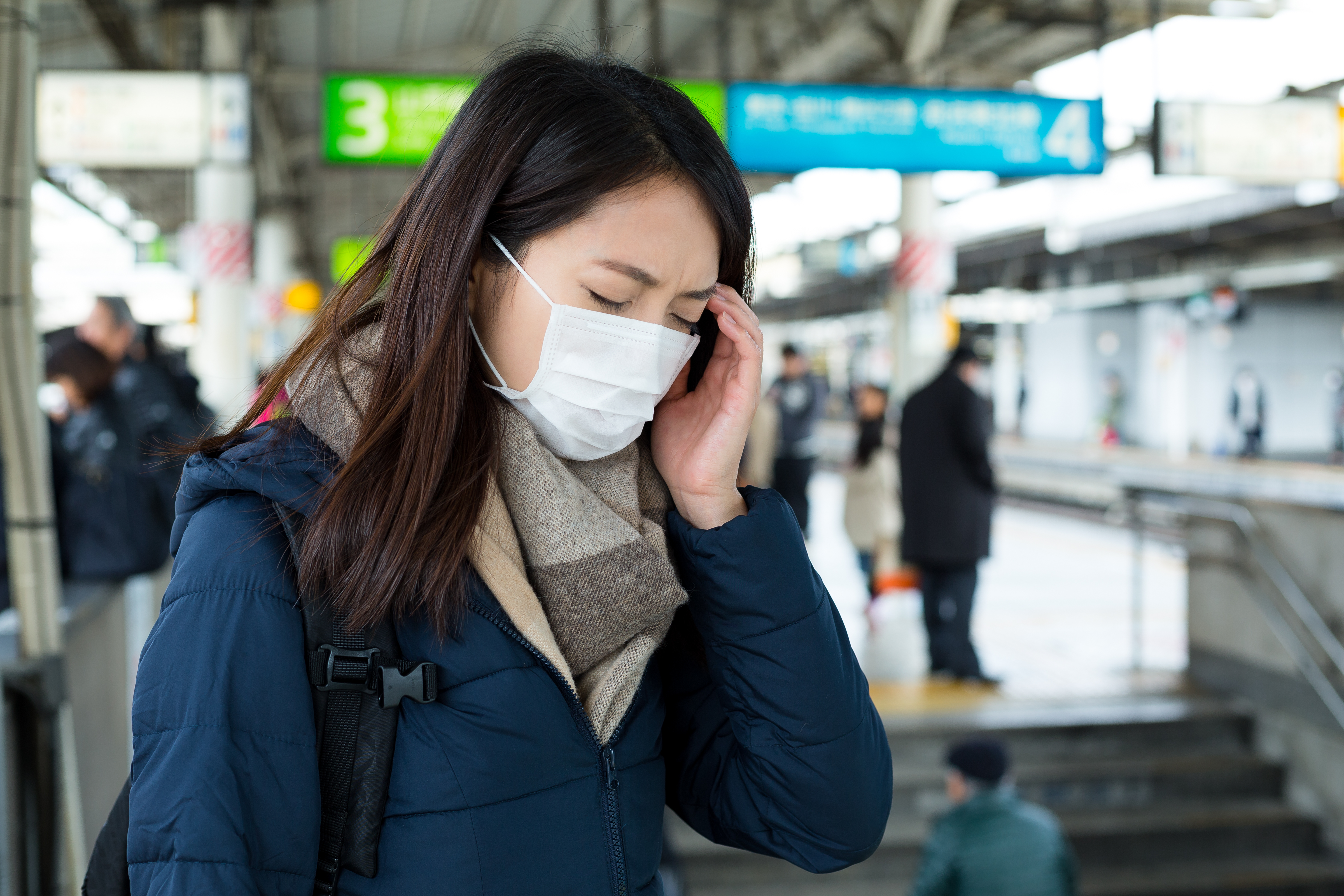
Dizziness is a disorienting sensation that can be caused by a variety of factors, including dehydration. When fluid levels are low, blood pressure can drop, leading to reduced blood flow to the brain and resulting in dizziness or lightheadedness. This symptom is particularly common in individuals who engage in strenuous physical activity without adequate fluid replenishment. Recognizing dizziness as a potential sign of dehydration can prompt individuals to assess their hydration status and take corrective action, such as drinking water or consuming electrolyte solutions to restore balance.
5. Muscle Cramps – The Misunderstood Culprit
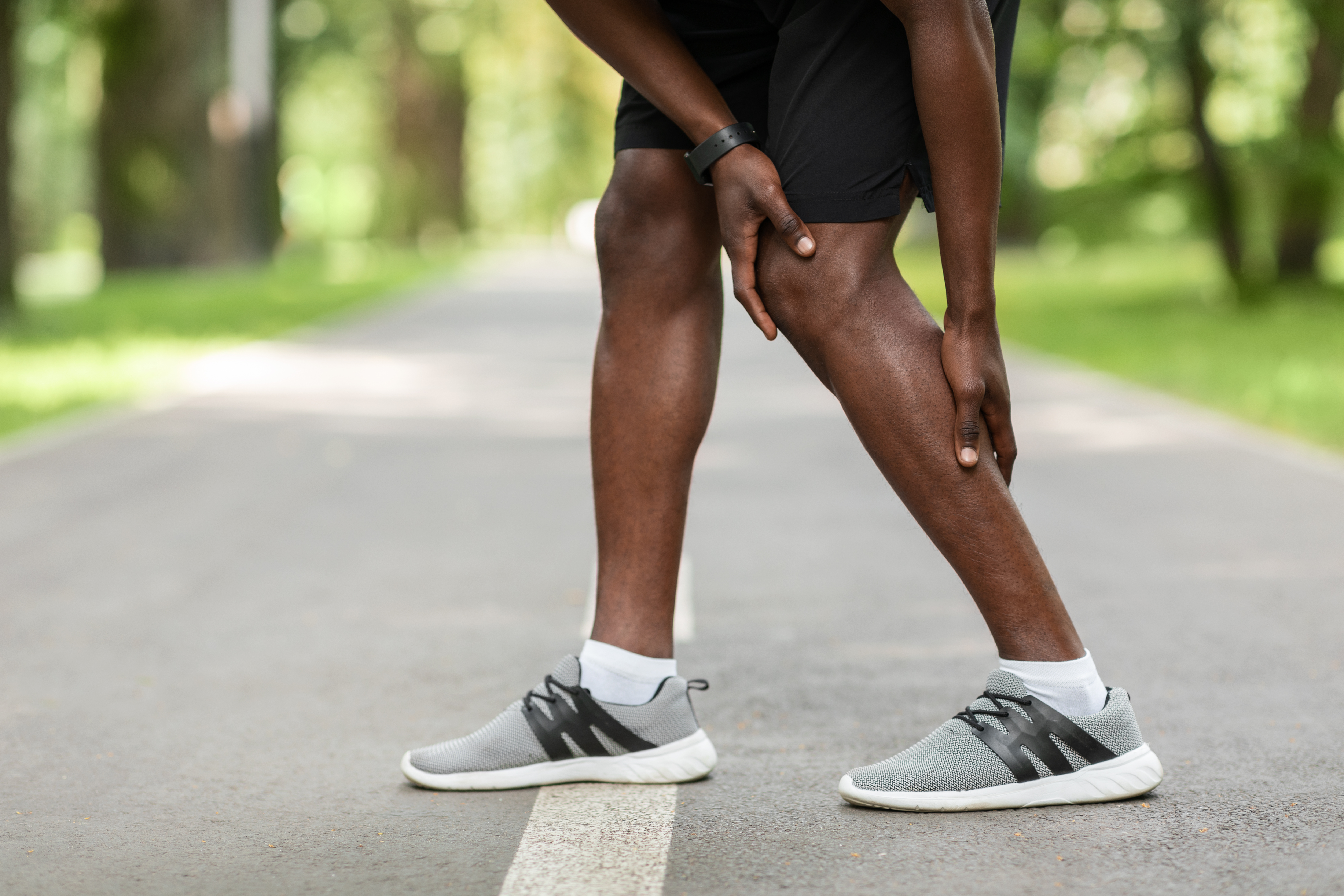
Muscle cramps are often associated with intense exercise or mineral imbalances, but dehydration is another key factor that can contribute to their occurrence. When the body is dehydrated, electrolyte levels, including sodium, potassium, and magnesium, can become imbalanced, leading to involuntary muscle contractions. These cramps can be painful and disruptive, particularly during physical activity. By ensuring adequate hydration before, during, and after exercise, individuals can help prevent muscle cramps and maintain optimal performance. Understanding the role of hydration in muscle function highlights the importance of fluid balance for overall physical health.
6. Bad Breath – The Unexpected Indicator
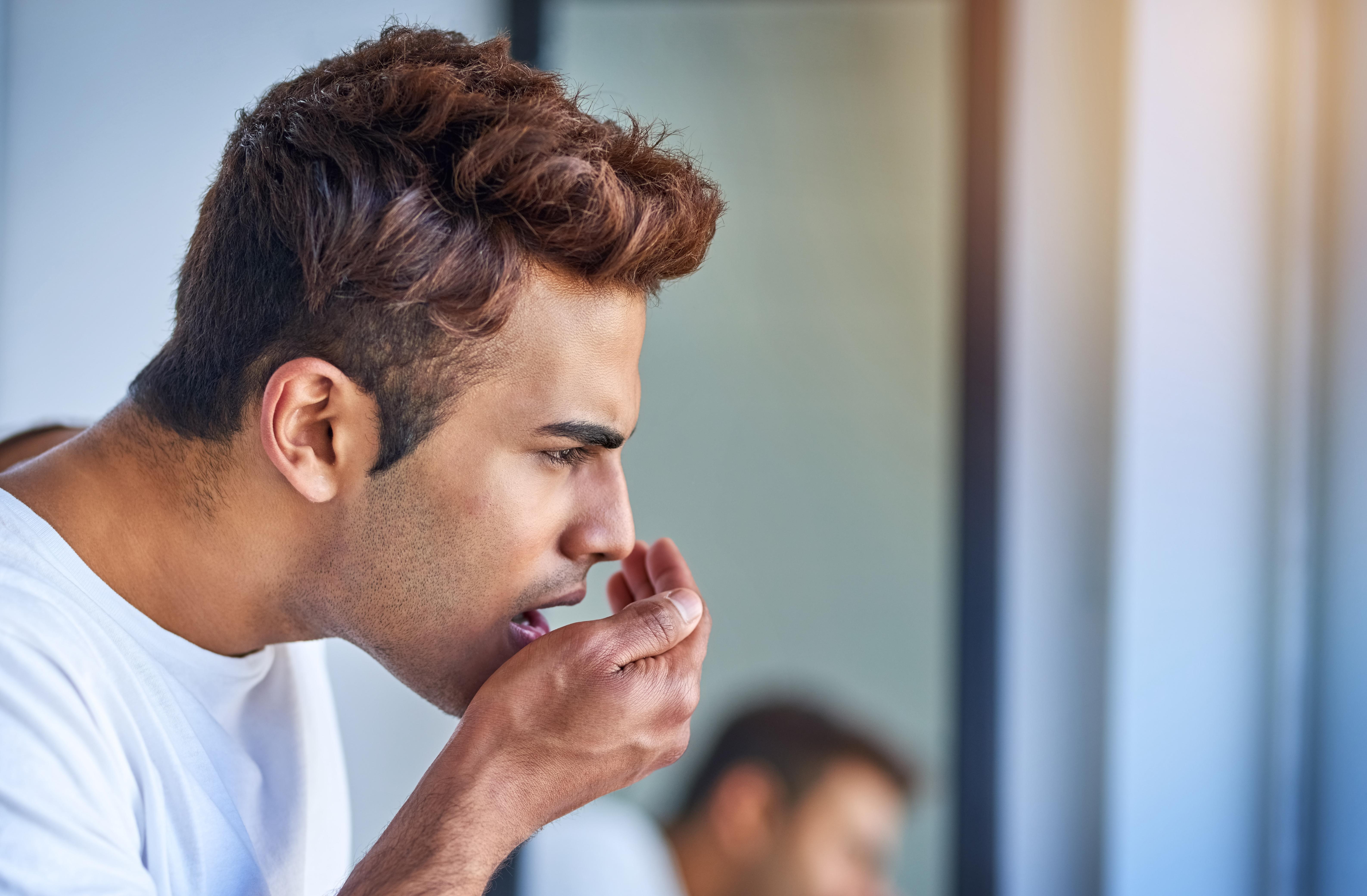
Bad breath, or halitosis, is an unpleasant condition that can be linked to dehydration. Saliva plays a crucial role in maintaining oral health by washing away food particles and bacteria. When the body is dehydrated, saliva production decreases, allowing bacteria to thrive and produce foul-smelling compounds. This can lead to persistent bad breath, which is often misattributed to poor oral hygiene. By staying adequately hydrated, individuals can support saliva production and maintain fresh breath. Recognizing bad breath as a potential sign of dehydration can encourage individuals to prioritize fluid intake as part of their oral health routine.
7. Constipation – The Digestive Dilemma

Constipation is a common digestive issue that can be exacerbated by dehydration. Water is essential for the digestive process, helping to soften stool and promote regular bowel movements. When the body lacks sufficient water, the colon absorbs more fluid from the waste, leading to hard, dry stools that are difficult to pass. This can result in discomfort and bloating, impacting overall digestive health. By increasing water intake, individuals can support their digestive system and alleviate constipation. Understanding the link between hydration and digestion underscores the importance of water for maintaining gastrointestinal health.
8. Sugar Cravings – The Deceptive Desire

Sugar cravings are often seen as a sign of poor dietary habits or blood sugar imbalances, but they can also be a symptom of dehydration. When the body is dehydrated, it can struggle to access glycogen stores, leading to a craving for quick energy sources like sugar. Additionally, the hypothalamus, which regulates hunger and thirst, can misinterpret thirst signals as hunger, prompting cravings for sugary foods. By recognizing sugar cravings as a potential sign of dehydration, individuals can address the root cause by drinking water rather than reaching for a sugary snack, ultimately supporting better dietary choices and hydration.
9. Mood Swings – The Emotional Rollercoaster

Mood swings are a complex phenomenon influenced by various factors, including hydration levels. Dehydration can affect the brain's neurotransmitter balance, leading to changes in mood and cognitive function. Studies have shown that even mild dehydration can result in irritability, anxiety, and difficulty concentrating. By maintaining adequate hydration, individuals can support their mental health and emotional stability. Recognizing mood swings as a potential symptom of dehydration can prompt individuals to assess their fluid intake and make adjustments to promote a more balanced emotional state.
10. Joint Pain – The Hidden Agony
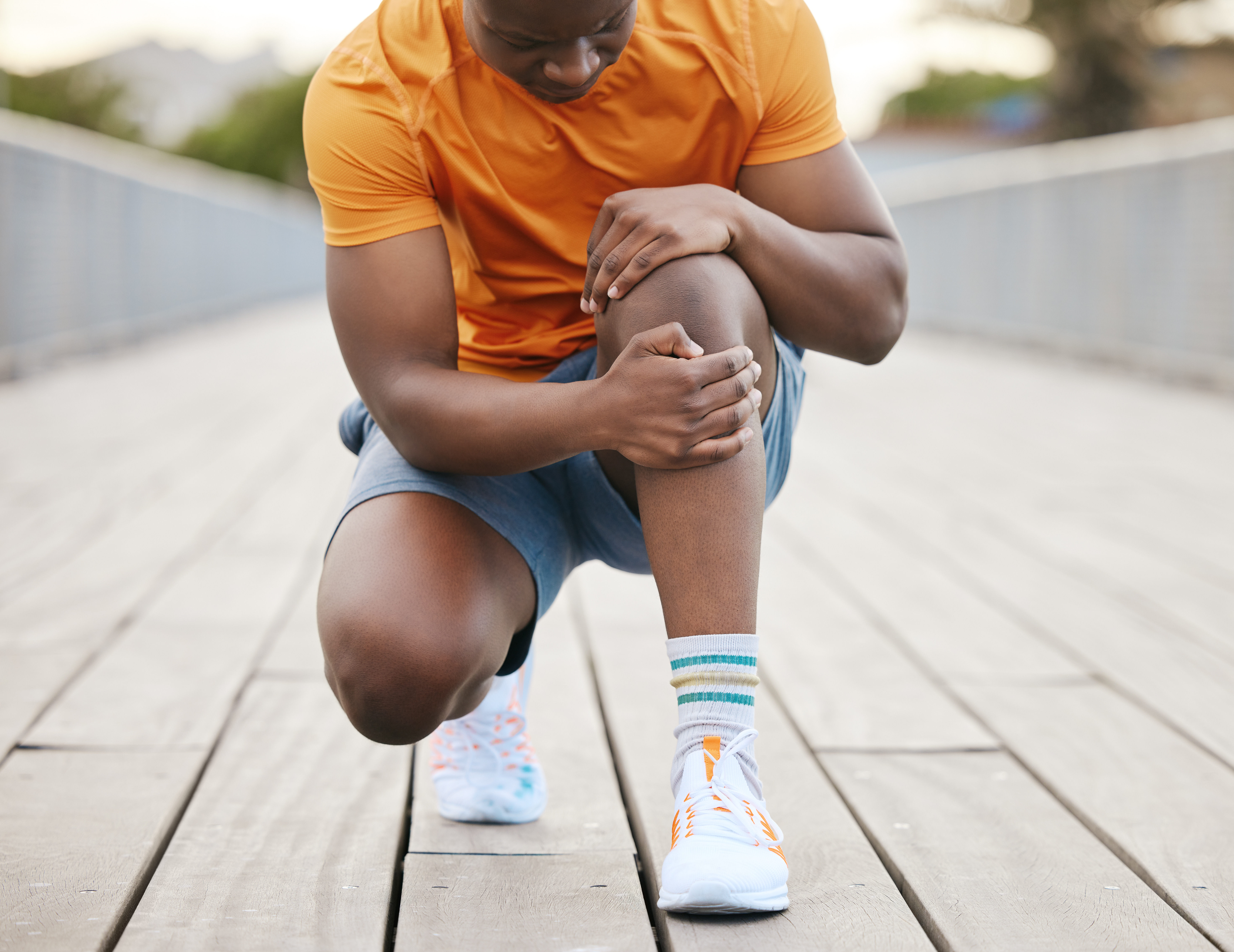
Joint pain is often associated with aging or physical activity, but dehydration can also play a role in its development. Water is a key component of synovial fluid, which lubricates and cushions the joints. When the body is dehydrated, synovial fluid production can decrease, leading to increased friction and discomfort in the joints. By staying hydrated, individuals can support joint health and reduce the risk of pain and stiffness. Understanding the connection between hydration and joint function highlights the importance of water for maintaining mobility and quality of life.
11. Dark Urine – The Visual Clue
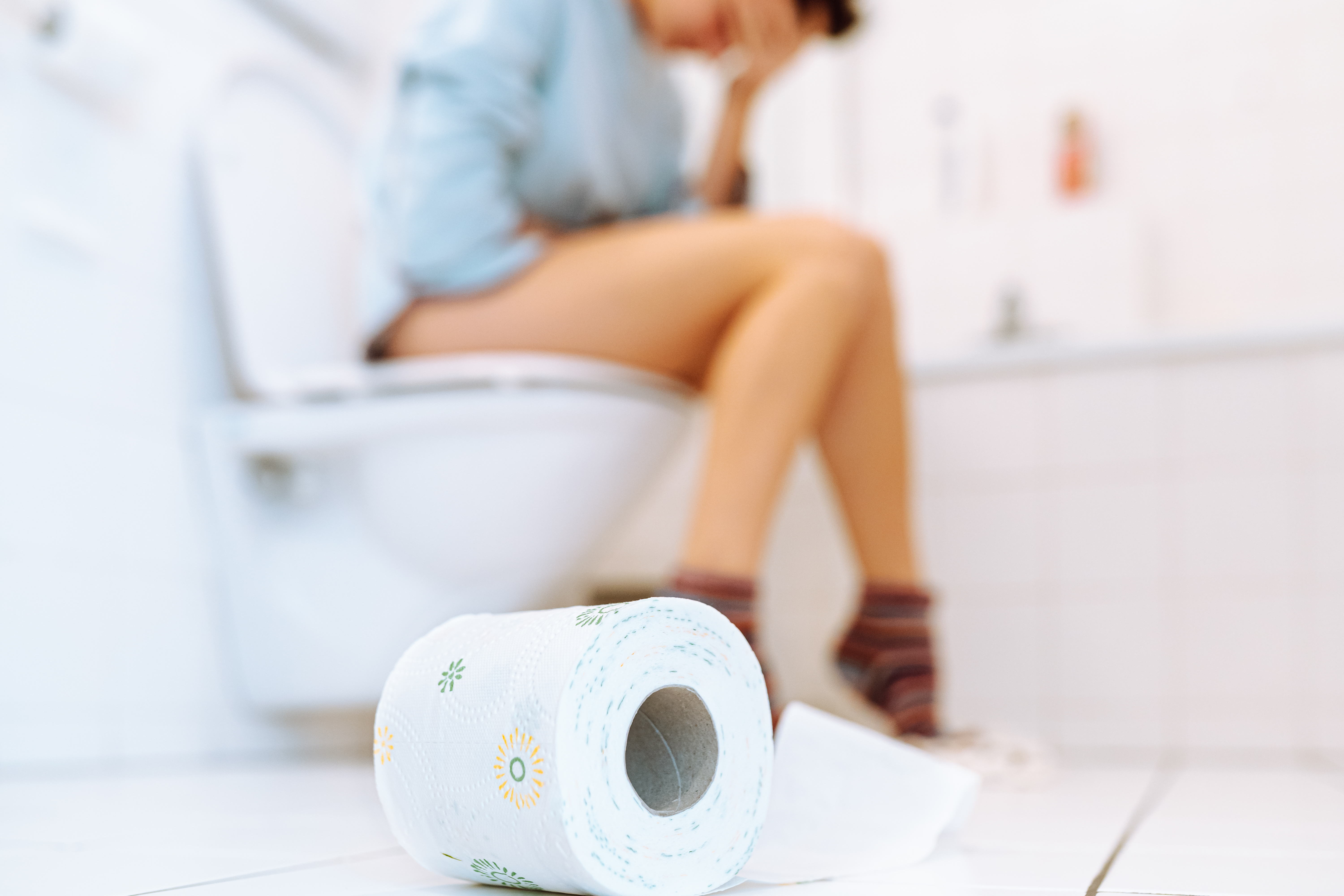
Dark urine is a clear and often overlooked indicator of dehydration. When the body is well-hydrated, urine is typically light in color, as excess water dilutes waste products. However, when fluid levels are low, urine becomes concentrated, resulting in a darker color. Monitoring urine color can be a simple and effective way to assess hydration status. By recognizing dark urine as a sign of dehydration, individuals can take prompt action to increase their fluid intake and restore balance. This visual clue serves as a practical tool for maintaining adequate hydration in daily life.
12. Reduced Cognitive Function – The Mental Fog

Cognitive function is intricately linked to hydration levels, with dehydration having a significant impact on mental clarity and performance. Even mild dehydration can impair concentration, memory, and decision-making abilities. The brain is highly sensitive to changes in fluid balance, and a lack of water can disrupt its normal functioning. By prioritizing hydration, individuals can support their cognitive health and enhance their ability to focus and process information. Recognizing reduced cognitive function as a potential symptom of dehydration can encourage individuals to make hydration a key component of their mental wellness strategy.
13. Flushed Skin – Heat Without a Fever
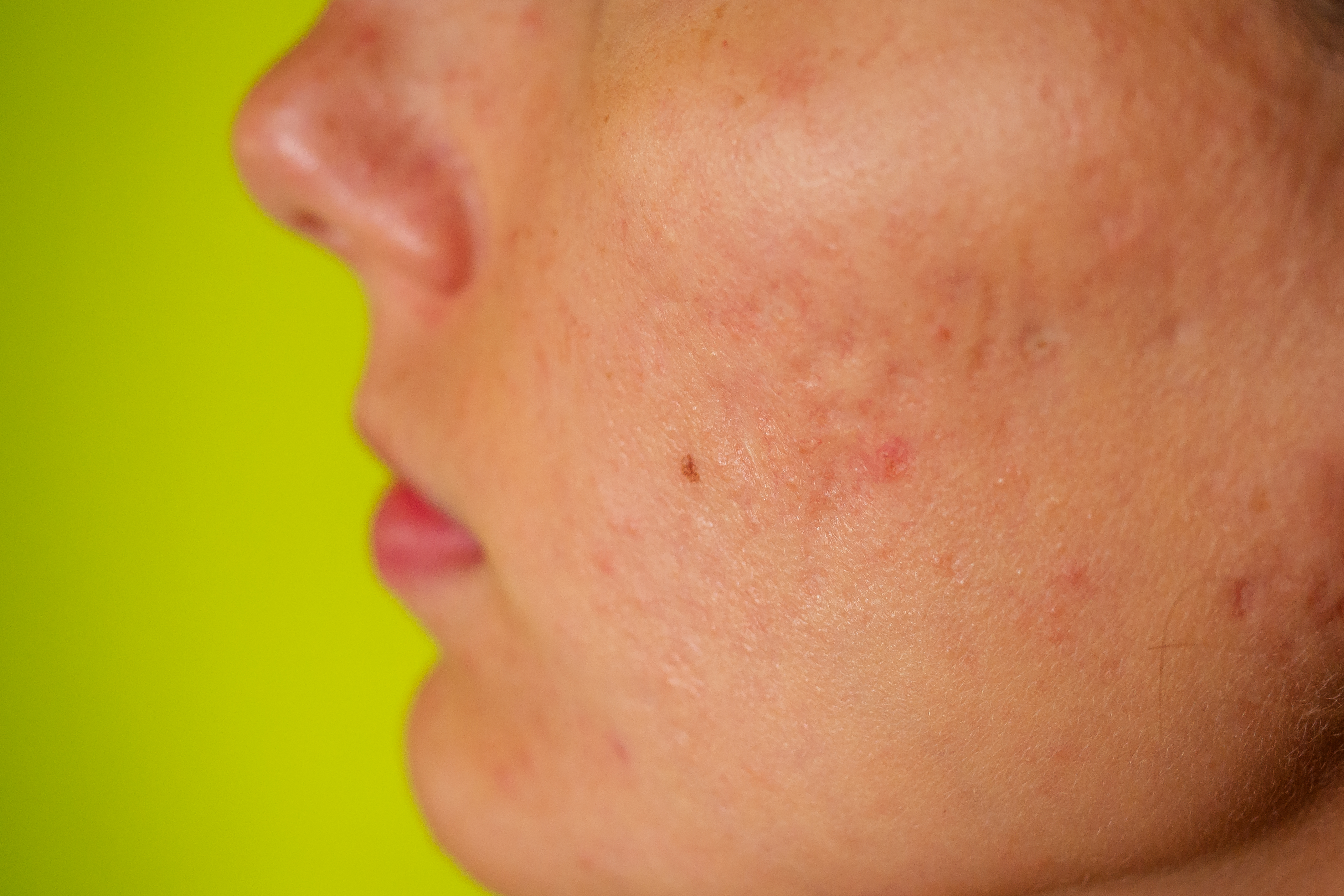
If your skin looks unusually red or flushed, especially after light activity or without heat exposure, dehydration could be to blame. When the body’s fluid levels drop, it struggles to regulate temperature efficiently. Blood vessels dilate in an attempt to cool you down, leading to a flushed or blotchy appearance. Unlike a fever or sunburn, this redness can come and go quickly—and often goes unnoticed. While it may seem harmless, flushed skin is a subtle cue that your internal systems are strained. Drinking water can help your body recalibrate and keep its natural thermostat running smoothly.
14. Rapid Heartbeat – The Overcompensating Pulse
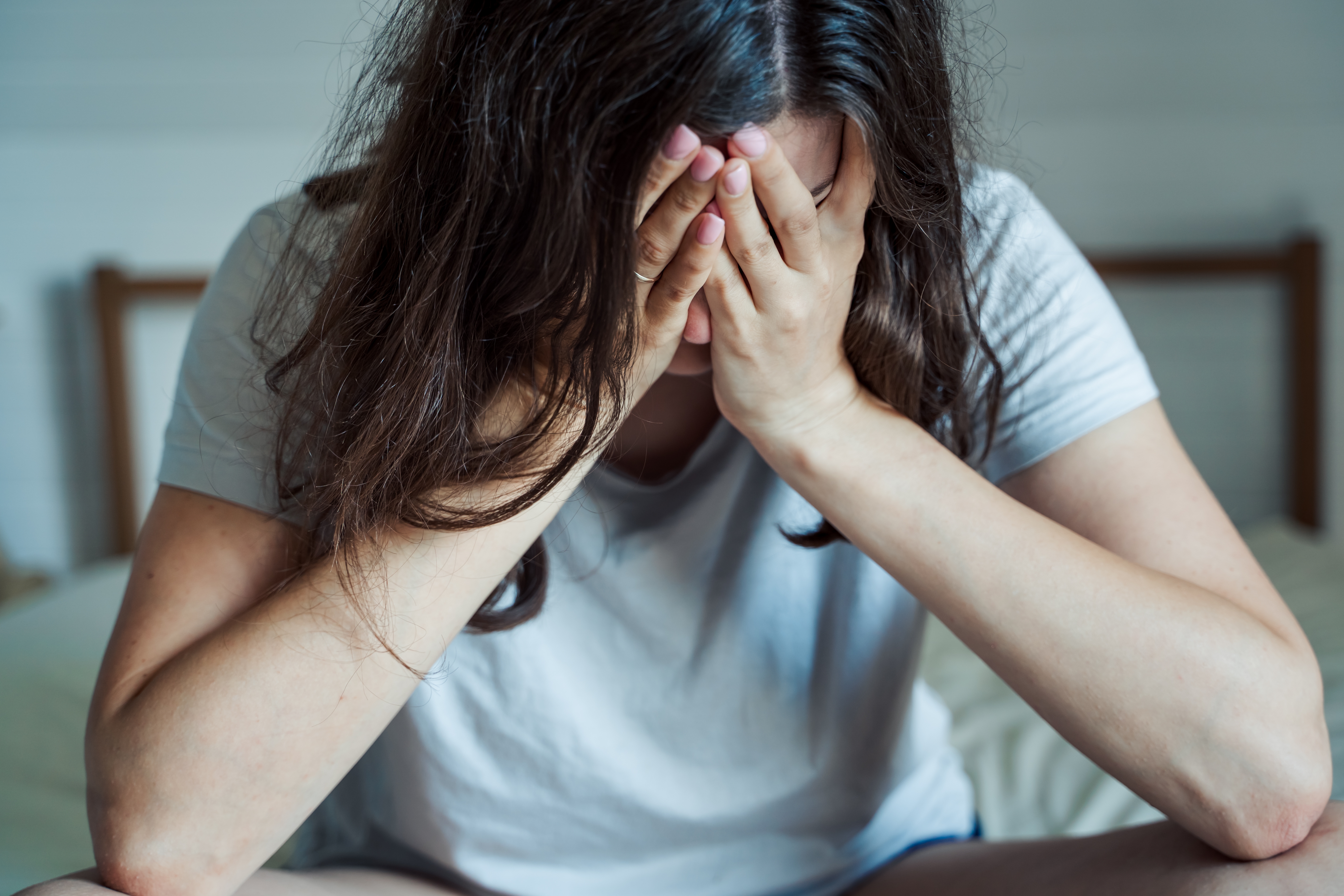
Dehydration reduces your blood volume, forcing your heart to work harder to deliver oxygen and nutrients throughout the body. This can lead to a noticeably fast or pounding heartbeat—even without exertion. While people often associate rapid heart rate with anxiety or caffeine, hydration is an underrated factor. If your pulse feels stronger or faster than usual after minimal activity, it could be your body compensating for lost fluids. Don’t just sit it out—drink up. Rehydrating helps restore proper circulation and takes unnecessary strain off your cardiovascular system.
15. Hollow-Looking Eyes – Tired Eyes Tell All
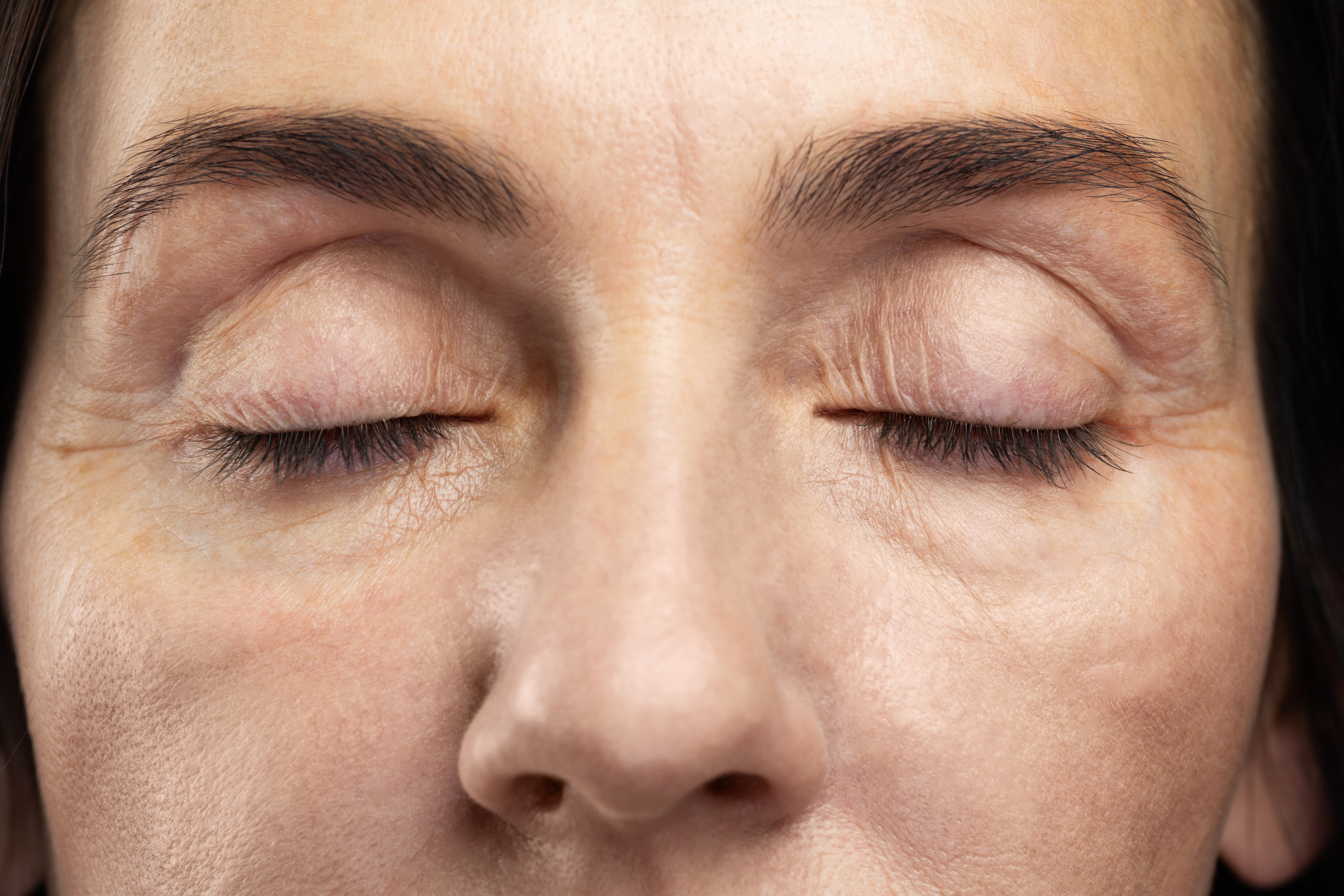
Sunken or shadowed eyes are more than just a sign of fatigue—they can be a subtle indicator of dehydration. When fluid levels drop, tissues around the eyes lose volume and elasticity, creating a hollowed or darkened appearance. This is especially common during illness, intense exercise, or long periods without water. You might notice your eyes looking dull, dry, or less vibrant. While eye creams help on the surface, hydration works from the inside out. Replenishing fluids can restore plumpness to skin and help your eyes look—and feel—more refreshed and alive.
16. Cold Hands and Feet – Circulation on Low Power
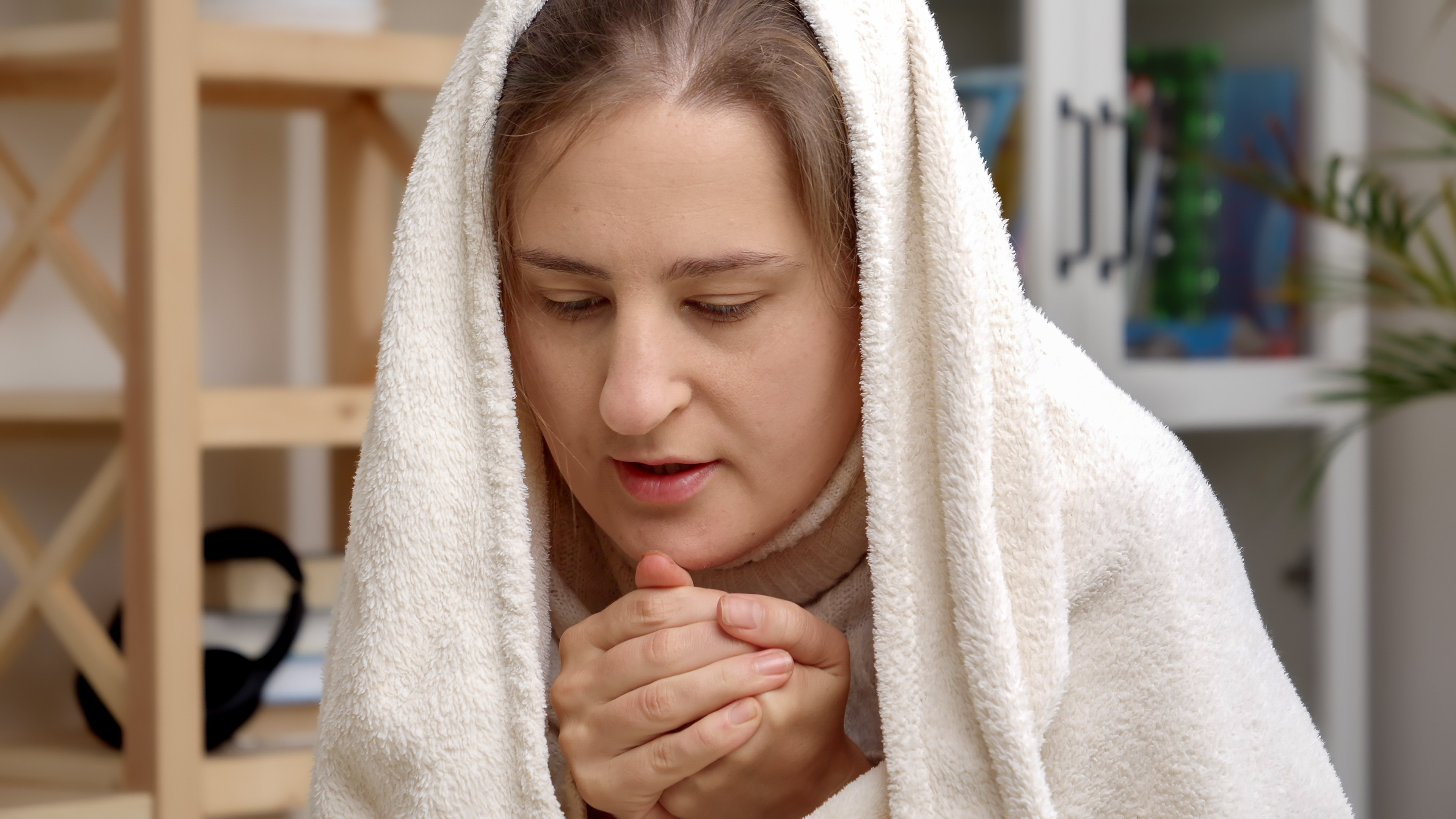
Feeling chilly at the extremities even when it’s not cold? Dehydration might be restricting your blood flow. When you're low on fluids, the body conserves resources by reducing circulation to less critical areas like hands and feet. The result: cold fingers and toes despite normal room temperature. This isn’t just about comfort—it’s a sign your cardiovascular system is under stress. While it’s tempting to reach for socks or a space heater, sometimes the fix is as simple as a glass of water. Improved hydration can help normalize blood flow and keep you warm from within.
17. Cracked Lips – A Silent SOS
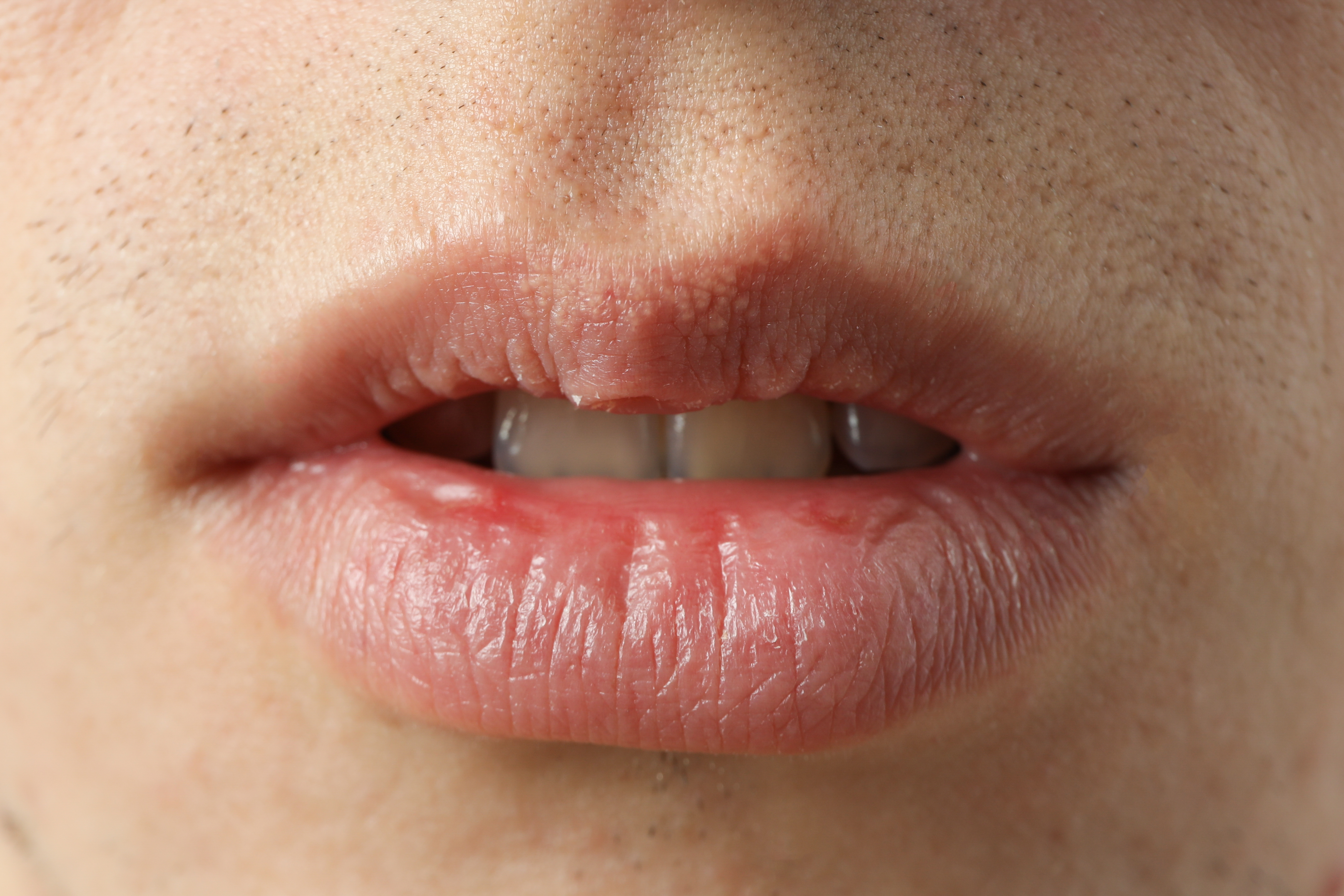
Chapped lips aren’t just about dry weather or missing lip balm—they can be a clear cry for hydration. The lips lack oil glands, so they’re one of the first places to show signs of moisture loss. When internal hydration is low, the lips dry out, peel, and crack—sometimes even before you feel thirsty. Constantly reapplying balm without seeing improvement? It could be a deeper issue. Upping your water intake supports skin healing and helps keep your lips soft, smooth, and hydrated from the inside out. Sometimes the solution isn’t topical—it’s a tall glass of water.
18. Frequent Hiccups – The Gut-Brain Hydration Signal

Hiccups may seem harmless or funny, but if you’re getting them often and without clear cause, dehydration could be involved. When your body lacks fluid, it can disrupt the diaphragm’s nerve signaling and cause spasms. Dehydration can also irritate the stomach lining and esophagus—especially if digestion is already sluggish—making hiccups more frequent. If your hiccups seem random, especially after meals or during the day, consider how much water you’ve had. Drinking small sips of water can reset your diaphragm and soothe irritation. It's a quirky, overlooked hydration cue your body might be using to get your attention.
19. Light Sensitivity – Hydration and Eye Discomfort

If you’re squinting more than usual or finding normal light levels oddly harsh, it may not just be screen fatigue—it could be dehydration. Your eyes rely on proper hydration to maintain a healthy tear film that protects against dryness and irritation. When dehydrated, this protective barrier weakens, leading to increased sensitivity to light and discomfort in bright settings. You might find yourself reaching for sunglasses indoors or rubbing your eyes constantly. Hydrating helps rebuild the fluid balance in and around your eyes, reducing sensitivity and restoring comfort—no eyedrops needed.
20. Frequent Sighing – The Breath You Didn’t Notice

Do you catch yourself sighing a lot throughout the day? It might not just be stress. Subtle dehydration can reduce blood volume, making your heart and lungs work harder to deliver oxygen. The result? Shallow breathing patterns and unconscious sighing as your body tries to recalibrate. This kind of breath fatigue can feel like mental burnout or tired lungs. While deep breathing exercises can help, hydration supports better oxygen transport and eases the physical load. If you’re sighing often without a clear emotional reason, take it as a sign to drink—not just breathe—more.
21. Tingling Sensations – The Nerve Response
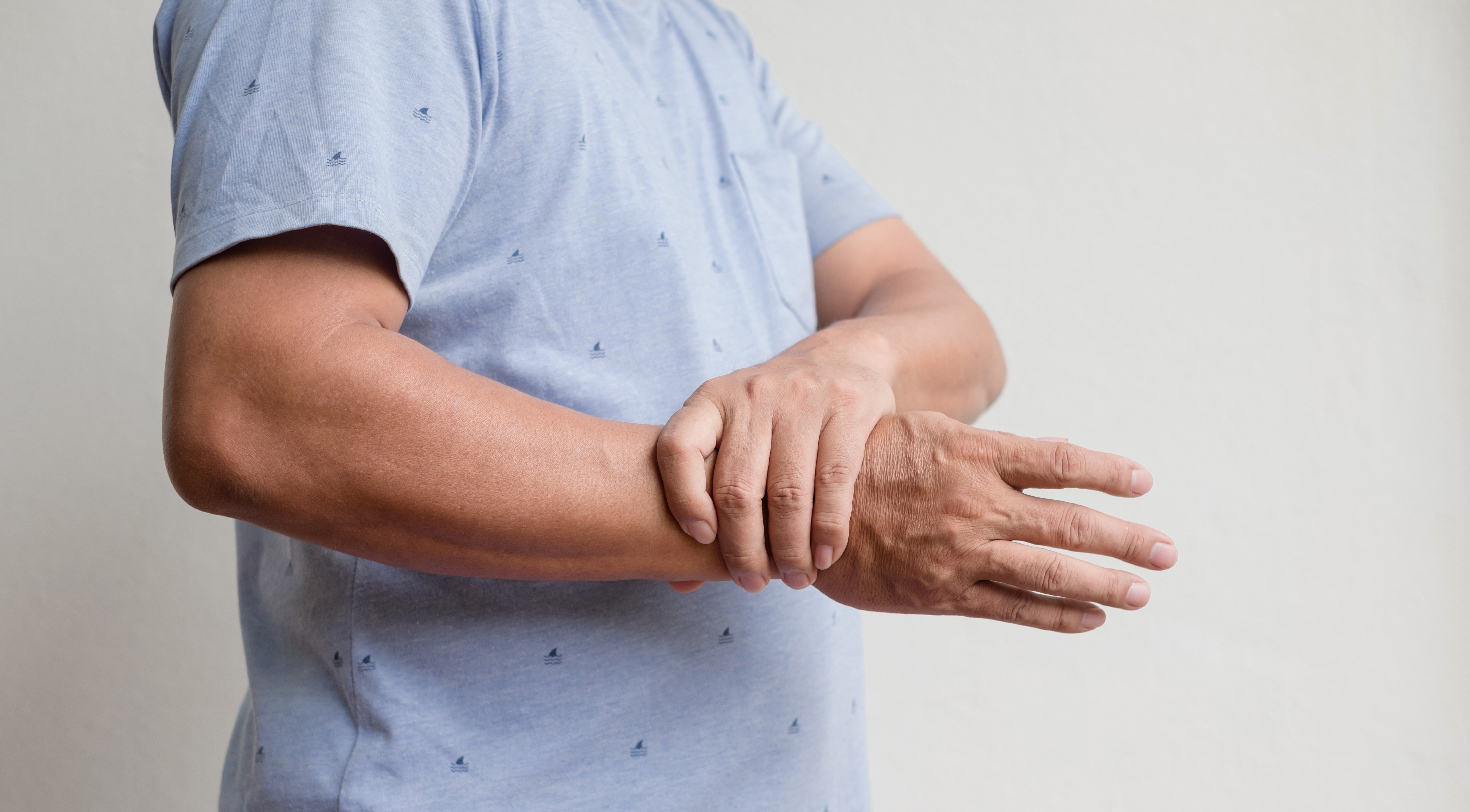
Mild tingling in the fingers, toes, or limbs—especially when you're not leaning on them—could be a result of low hydration. Dehydration affects circulation and electrolyte balance, which in turn can impact nerve signaling. When water and minerals dip too low, nerves can misfire or become overly sensitive, leading to odd “pins and needles” sensations. People often assume it's just posture or a vitamin deficiency, but water plays a critical role in nerve function. If this symptom happens regularly, hydration might be the missing link. A well-hydrated nervous system is a steadier, calmer one.
22. Unexplained Food Intolerances – Gut Dryness at Work
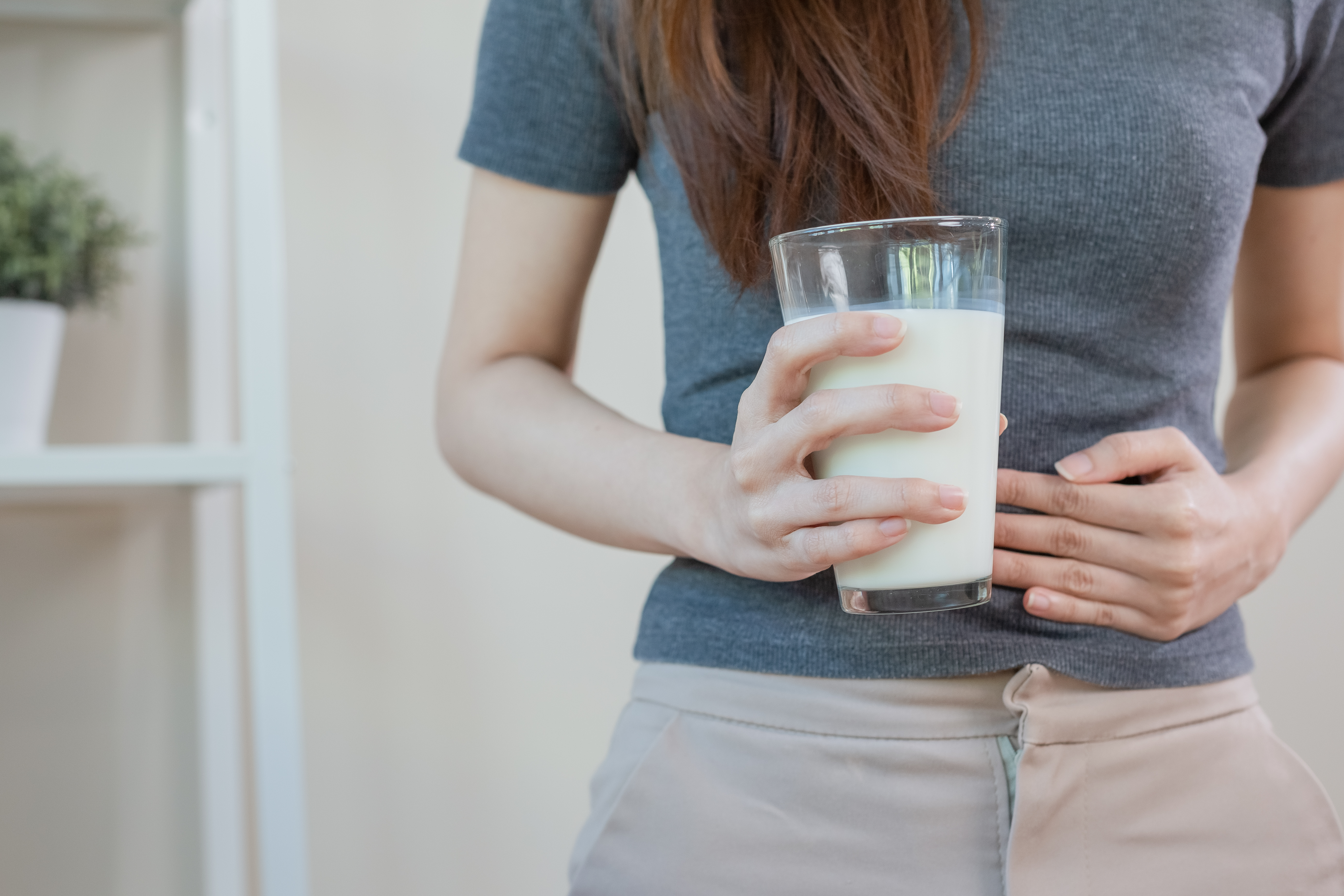
Suddenly reacting to foods you’ve eaten for years? Your gut may be dehydrated. When fluid levels are low, your digestive tract can struggle to produce adequate mucus and enzymes, weakening your gut lining and making it more sensitive to certain foods. This can result in temporary intolerances, bloating, or discomfort after eating—even if you’re eating clean. Hydration supports digestion at every stage, from saliva in your mouth to enzyme function in the gut. Before you overhaul your diet, try increasing your water intake. Sometimes, the issue isn’t the food—it’s the water you didn’t drink with it.
23. Eye Twitches – The Hydration-Nerve Link
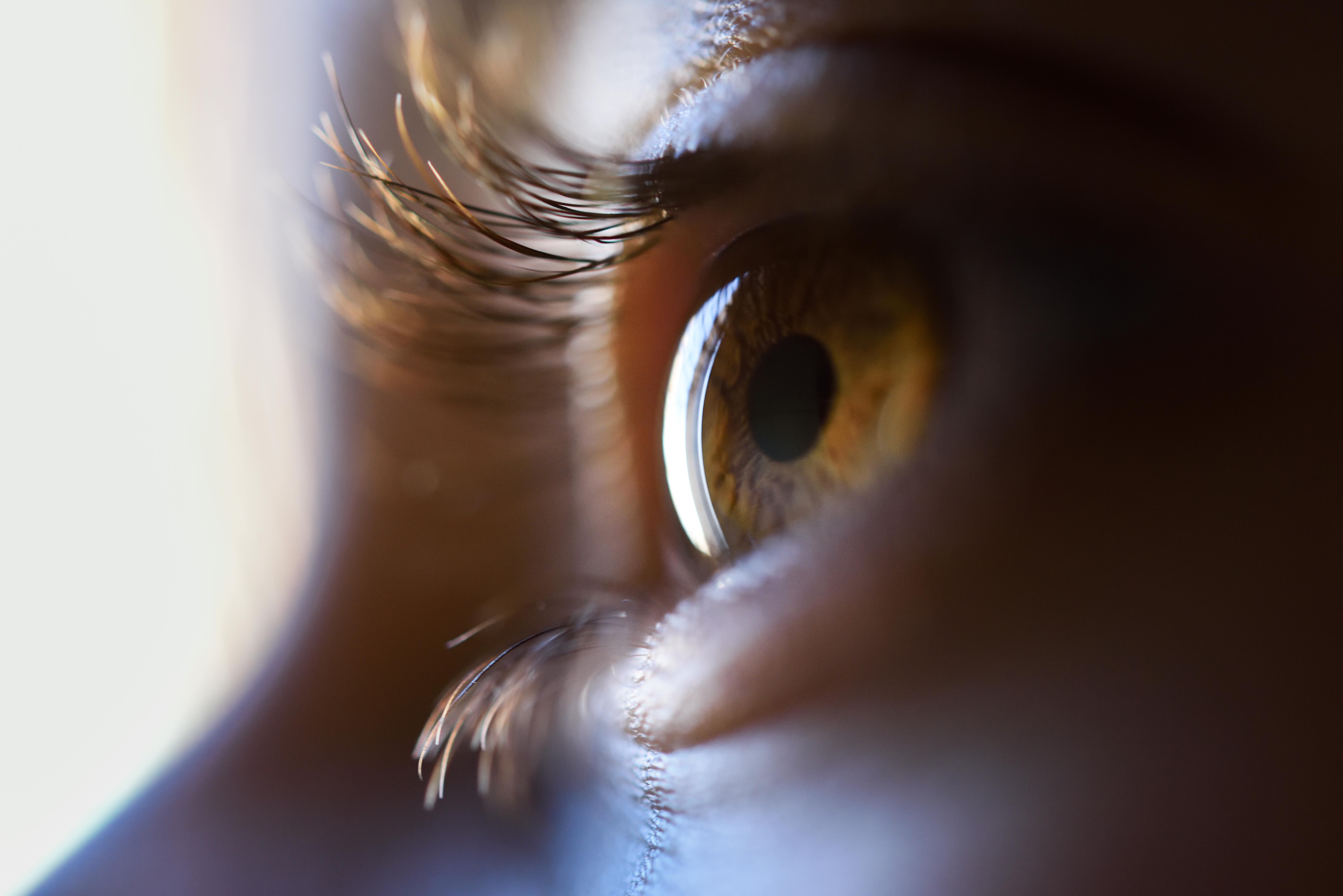
That persistent, annoying eye twitch? It’s not always stress or screen time. Dehydration can disrupt the delicate balance of electrolytes like potassium and magnesium, which are essential for smooth muscle and nerve function. When hydration dips, your muscles—especially around the eyes—may misfire, causing twitching or spasms. Since these tiny muscles are constantly in use, they’re often the first to respond to imbalances. If you’ve ruled out fatigue and caffeine but your eyelid won’t stop fluttering, your body might be begging for water. Before reaching for eye drops, reach for a glass—hydration could calm the twitch.
24. Sudden Brain Zaps or “Electric” Pulses

Occasional jolts that feel like “brain zaps” or electric pulses in the head or limbs can be unnerving. While often attributed to anxiety or neurological sensitivity, these can also be linked to dehydration. Low fluid levels can impair nerve conductivity and electrolyte regulation, making the brain’s signals feel jumpy or misfired. You’re not imagining it—your nervous system relies heavily on hydration to function smoothly. If these zaps strike out of nowhere, especially when combined with fatigue or lightheadedness, it’s worth asking: when was your last glass of water? Sometimes, the fix is far simpler than it seems.
25. Frequent Sneezing Fits – A Hidden Nasal Trigger
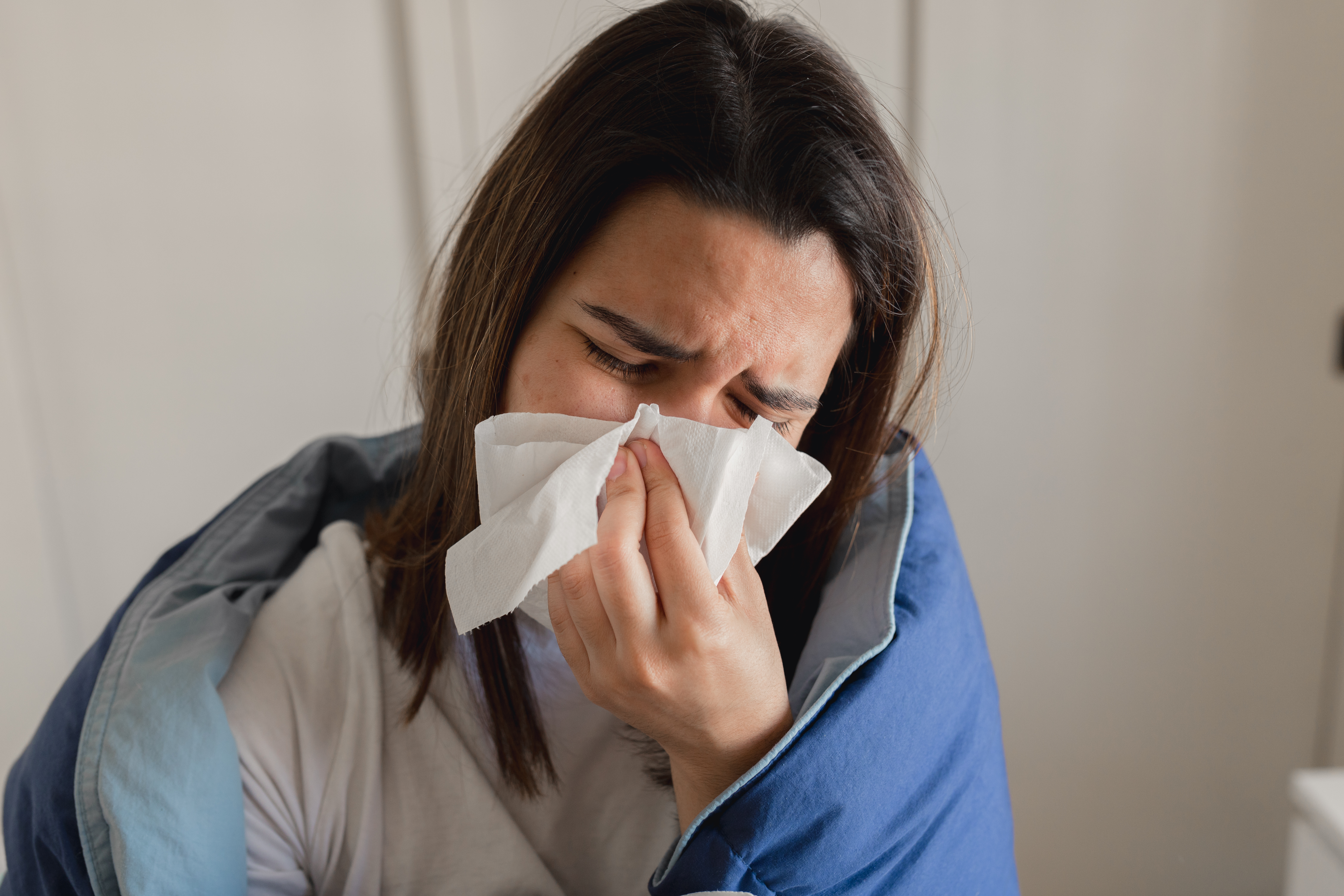
Dehydrated airways can mimic allergy symptoms—leading to sneezing, nasal irritation, or dryness. When you don’t drink enough water, your mucus membranes dry out, reducing their ability to trap dust and allergens. This makes your nose hyperreactive, even in normal environments. You might notice more sneezing indoors, or while talking a lot—when your throat and nose are working overtime without backup hydration. Instead of assuming it’s seasonal allergies, check your water intake. Hydrating restores moisture to these protective linings, helping your respiratory system function calmly and reducing unnecessary sneeze attacks.
26. Unusual Clumsiness – Hydration Affects Balance

Feeling uncharacteristically clumsy—dropping things, bumping into corners, or missing steps? Dehydration might be disrupting your coordination. Your brain and muscles require fluid balance to maintain smooth, responsive movement. When that balance is off, your reaction time slows, spatial awareness dims, and muscle control weakens. It’s not that you’ve suddenly become clumsy—it’s that your internal systems are lagging. If you’ve been feeling off-balance or uncoordinated, especially without exertion or fatigue, your body might just be running low on water. Hydrating helps restore neural and muscular precision—making you feel more present in your own body.
27. Nail Brittleness – Dehydration at the Tips
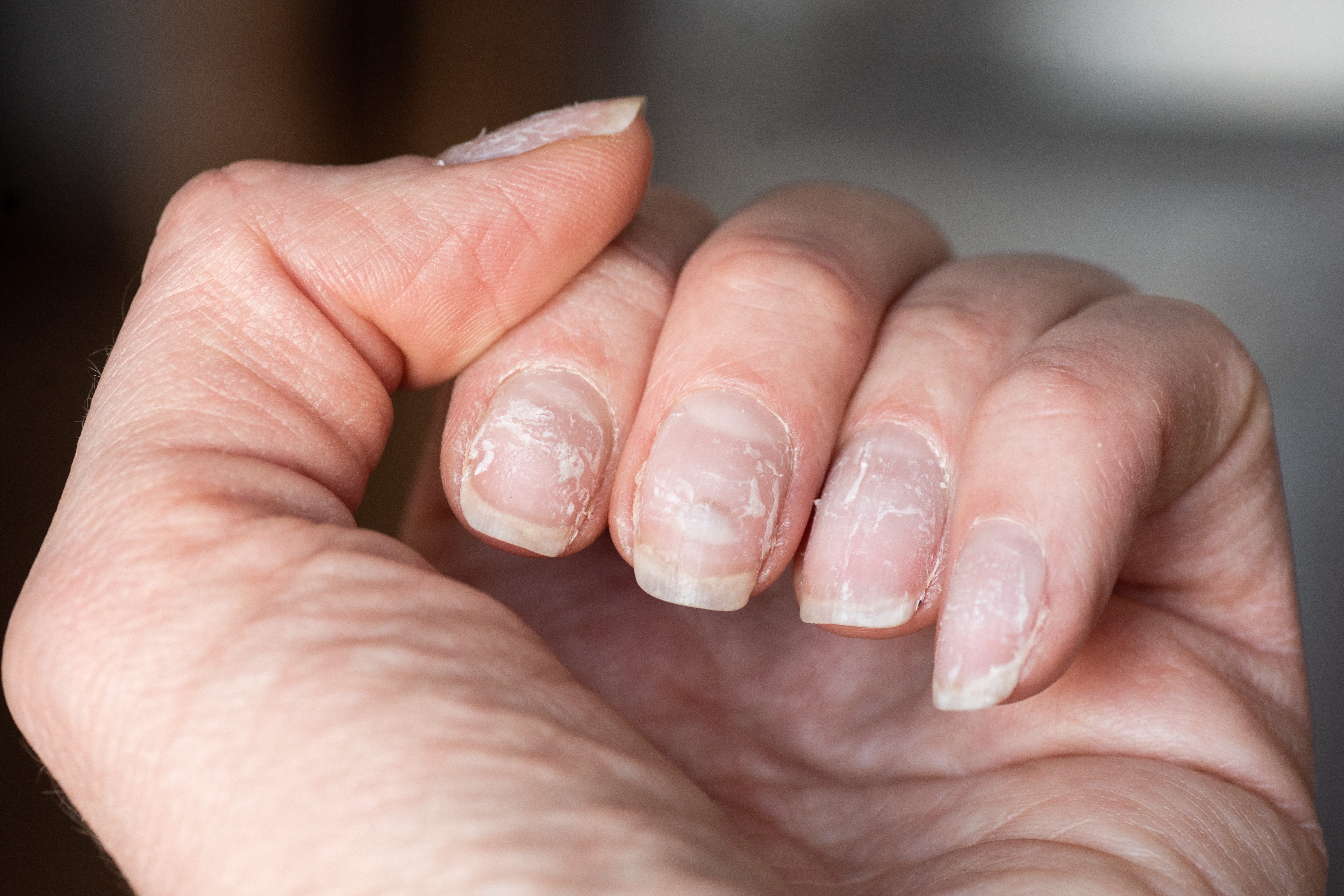
Dry, peeling, or brittle nails are often blamed on diet or nail polish—but internal hydration plays a huge role. Nails are made of keratin, a protein that needs moisture to stay flexible and strong. Without enough water, nails dry out just like skin—leading to splits, peeling, or breaks. If your nails are cracking even with proper care, dehydration could be the root cause. Think of your nails as a hydration status report—visible, slow-growing indicators of how well your body is nourished from within. Upping your water intake won’t fix them overnight, but over time, you’ll see the difference at your fingertips.
28. Increased Sensitivity to Pain

If you've been feeling more sensitive to pain than usual, dehydration might be the surprising culprit. When your body is low on water, it can lower your pain tolerance threshold. This happens because a lack of fluid can reduce the volume of blood, impacting the nervous system's ability to send and receive signals efficiently. Your body may also release higher levels of pain-signaling molecules. As a result, minor aches and discomforts can feel amplified. Before reaching for a painkiller, consider hydrating. Restoring your fluid balance can help calm your nervous system and return your pain perception to normal.
29. A Weakened Immune System

Dehydration can leave your immune system compromised, making you more susceptible to illness. Your body's first line of defense against pathogens is a healthy mucous membrane in your nose and throat. When you're dehydrated, these membranes dry out and crack, losing their ability to trap airborne germs and viruses. This allows pathogens to enter your system more easily. Furthermore, immune cells and antibodies rely on fluid to circulate effectively. By staying well-hydrated, you ensure your immune system is operating at full strength, protecting you from seasonal colds and other infections.
30. Difficulty Swallowing

A persistent feeling of a dry mouth or difficulty swallowing can be an early sign of dehydration. This happens because your salivary glands need water to produce saliva, which lubricates your throat and aids in swallowing. When your body is in a state of fluid conservation, saliva production decreases, and the mucous membranes in your throat become dry and sticky. This can make swallowing food feel uncomfortable or even painful. Ignoring this signal could lead to a chronic dry mouth, which increases the risk of oral infections. Listening to this cue can prevent discomfort and maintain good oral health.
31. Persistent Feelings of Hunger

The brain's hunger and thirst centers are located in the same region, and it's easy to misinterpret one signal for the other. When you are dehydrated, your body may send a signal for hunger, leading you to crave food when all you really need is water. This often results in consuming unnecessary calories, which can lead to weight gain. By recognizing this deceptive signal, you can address the root cause by drinking a glass of water first. This simple trick can help you make better dietary choices and maintain a healthy weight.
32. Reduced Physical Performance
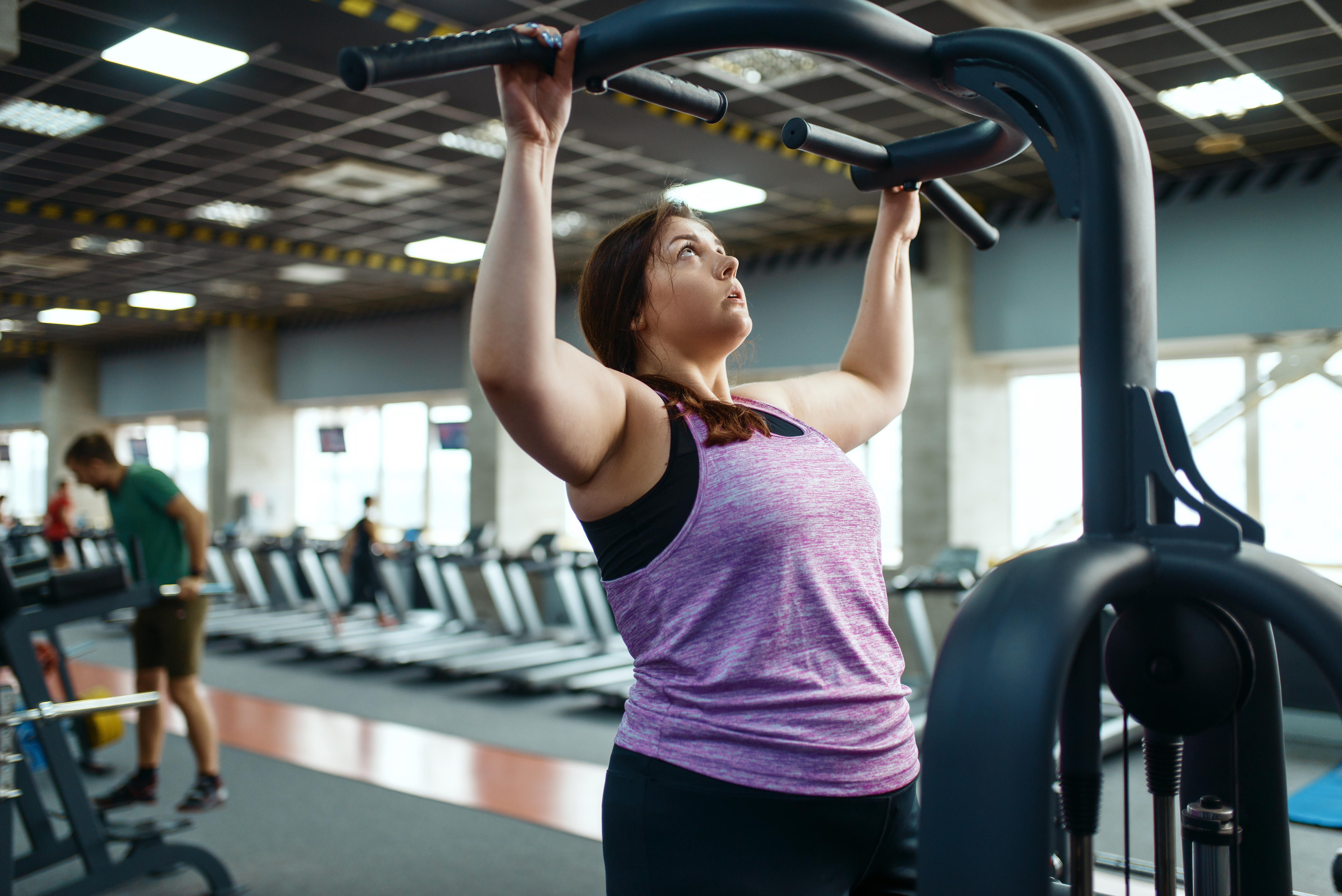
If you feel like your physical performance has declined, dehydration might be to blame. Your muscles are made of 75% water, and even a 2% drop in hydration can lead to a 10% decrease in muscle strength. Dehydration can also cause your body to fatigue faster, and it can reduce your endurance. By ensuring you are properly hydrated, you can maintain your physical strength, endurance, and performance. This is especially important for athletes and those who exercise regularly, as it can help them avoid injury and reach their fitness goals.
33. Unexplained Change in Body Odor
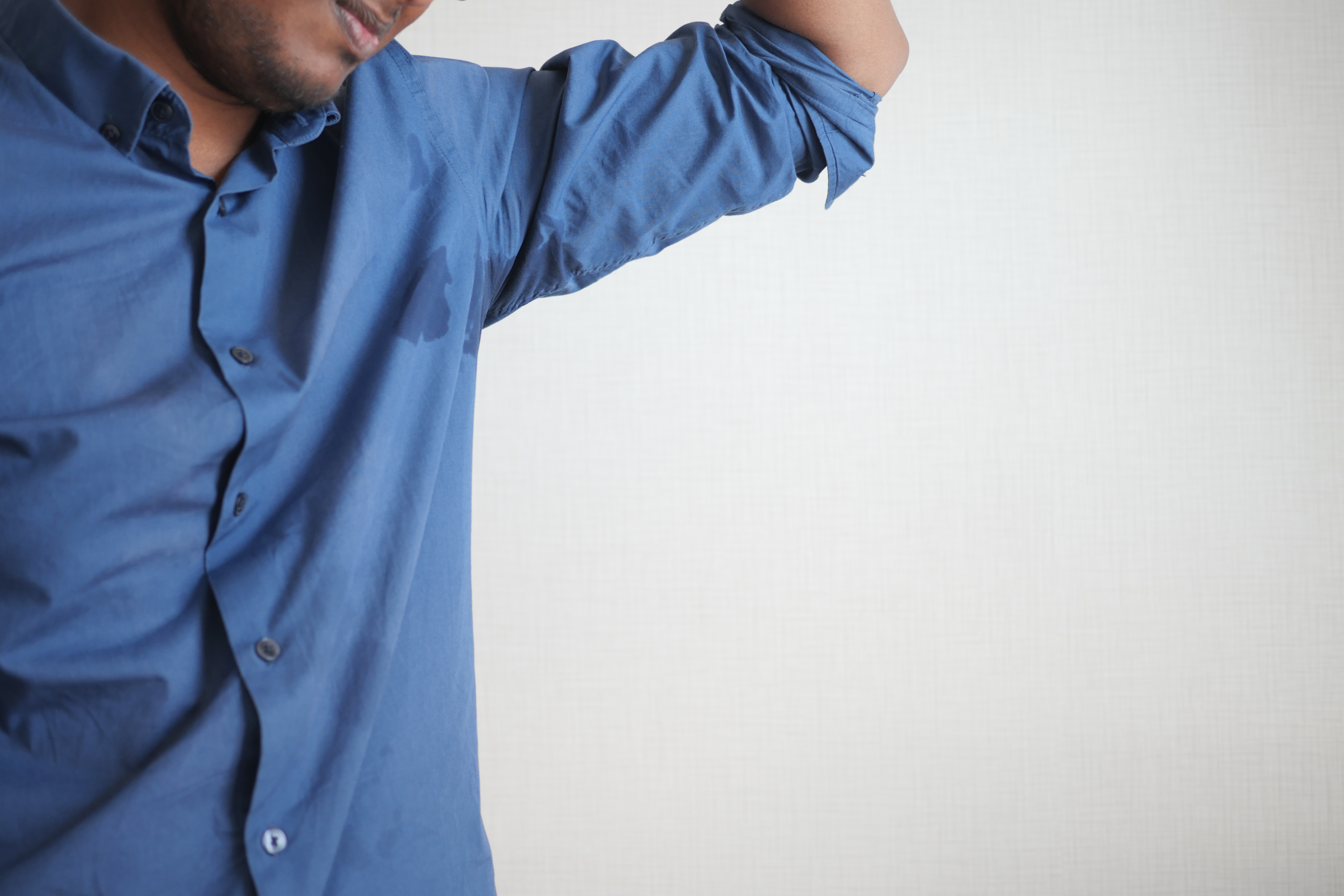
If you've noticed a change in your body odor, even with good hygiene, dehydration could be the surprising reason. When your body is properly hydrated, sweat is mostly water. When you're dehydrated, the concentration of waste products and bacteria in your sweat increases, leading to a stronger, more pungent odor. It's a clear signal that your body's natural detoxification and cooling systems are not running efficiently. Before reaching for a new deodorant, try increasing your water intake. Sometimes, the issue isn't the product—it's your internal chemistry.
34. A Lack of Appetite

Your body's signals for hunger and thirst are regulated by the same part of the brain. When you're dehydrated, these signals can get crossed, and your brain might prioritize survival functions, suppressing feelings of hunger to conserve water. This can lead to a decreased interest in food and a feeling of being full even after eating very little. Before you skip a meal, try a glass of water. It might be the only thing your body is truly asking for.
35. Difficulty Falling or Staying Asleep
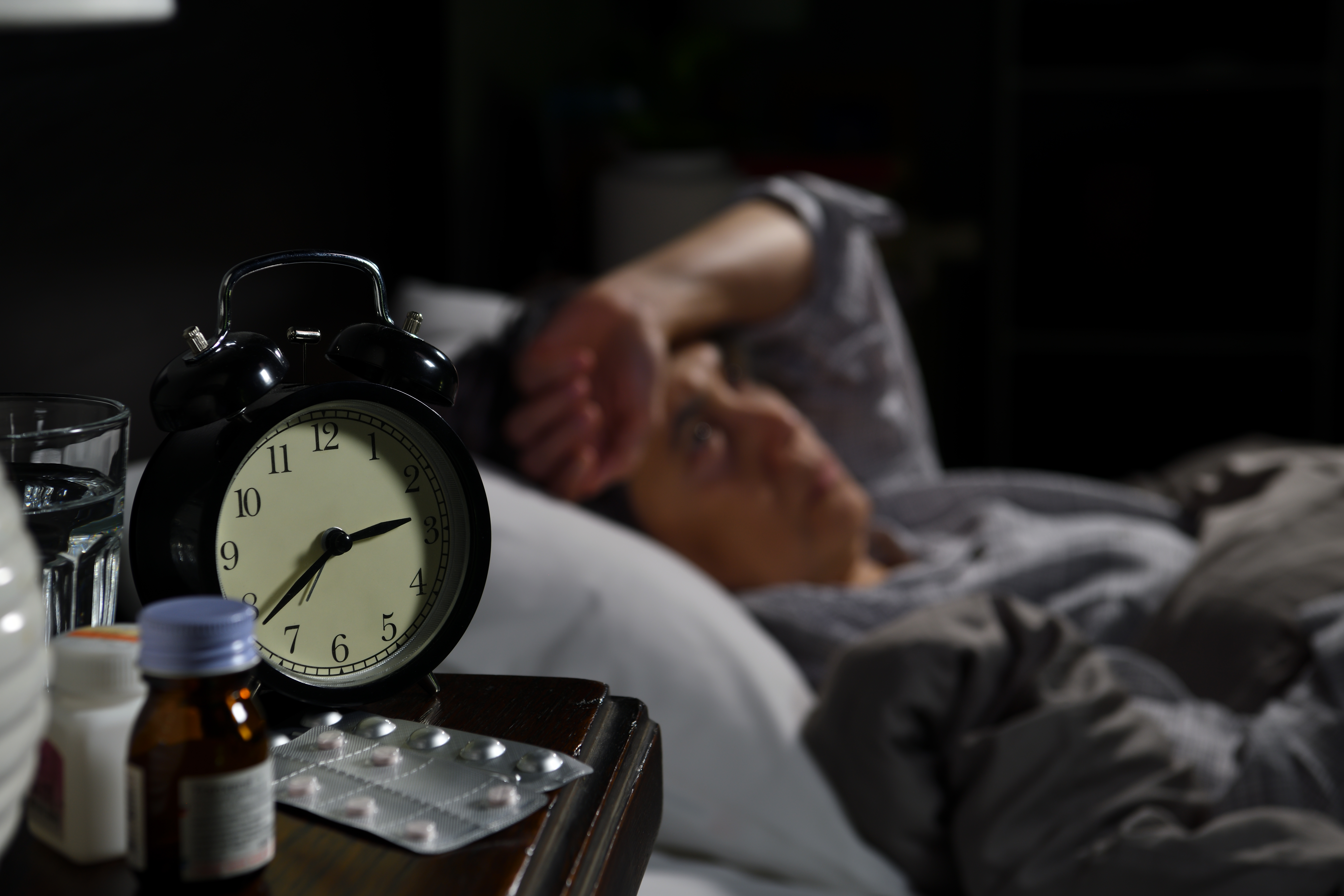
Dehydration can be a sneaky sleep saboteur. Even a mild drop in fluid levels can disrupt the body's natural sleep-wake cycle. A lack of hydration can lead to muscle cramps (as noted) or dry mouth, both of which can cause you to wake up in the middle of the night. It can also affect the body’s ability to regulate temperature, leading to restless, uncomfortable sleep. If you find yourself tossing and turning, a glass of water before bed might be the simplest, most effective "sleep hack" you've overlooked.
36. A Drop in Blood Pressure
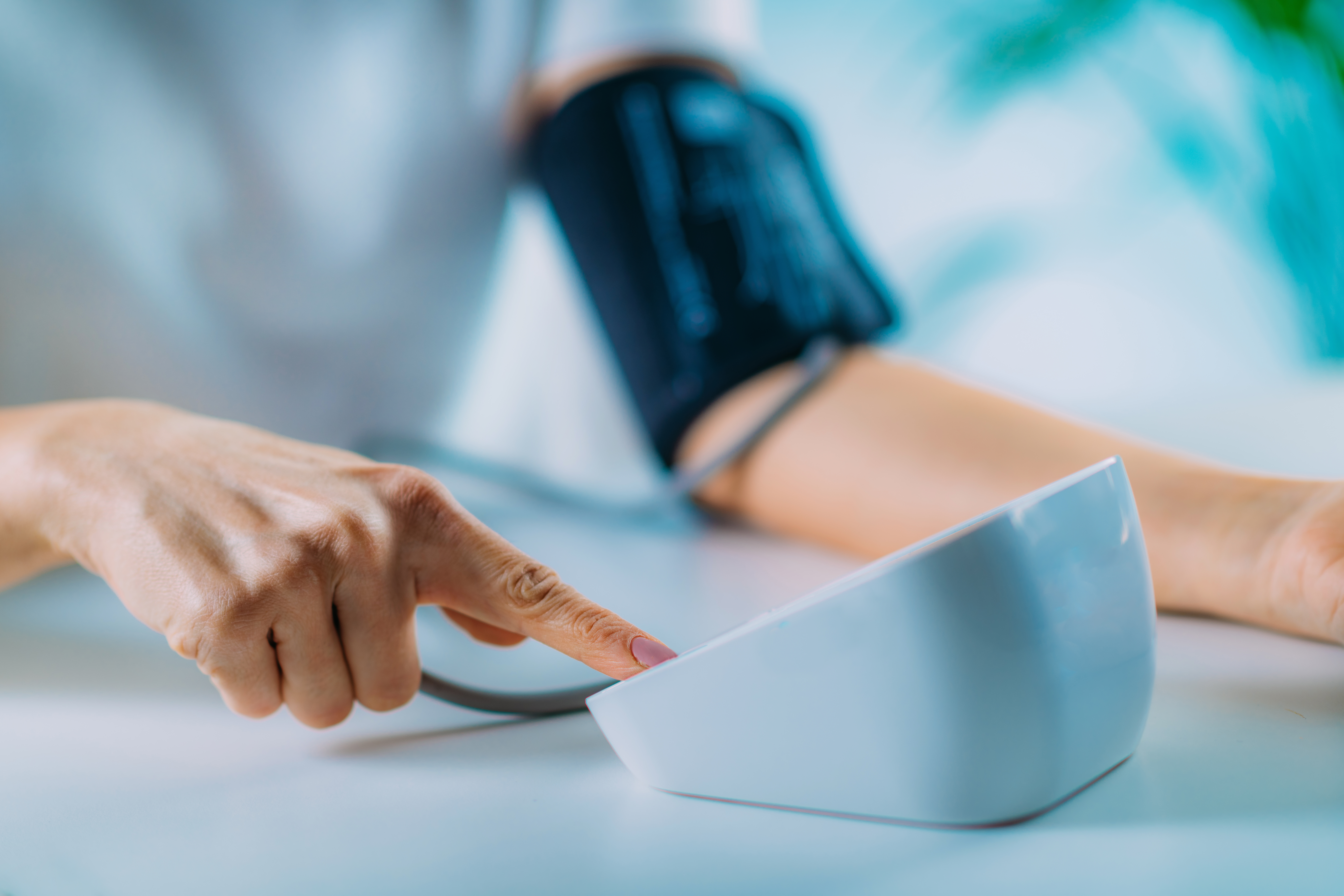
Dehydration reduces the volume of blood in your system, forcing your heart to work harder to pump blood. This can lead to a significant drop in blood pressure, which can cause lightheadedness, fatigue, and even fainting. While you might not have a blood pressure cuff, a feeling of lightheadedness is a clear signal that your body's circulatory system is under strain. The simple act of rehydrating can often restore your blood volume and blood pressure to normal levels.
37. Infrequent Urination

This is an obvious sign, but one that is often overlooked in the hustle of daily life. The body’s ability to filter waste and maintain fluid balance is directly linked to urination. When you are properly hydrated, you will urinate every three to four hours. However, when you are dehydrated, your body will conserve fluid, leading to less frequent urination. If you find yourself not urinating for several hours, it's a clear signal that your body is in a state of fluid conservation and needs to be rehydrated.
38. A Change in Body Temperature Regulation

A key function of water is to help regulate your body's temperature. When you're well-hydrated, sweating is an efficient way for your body to cool itself down. However, when you're dehydrated, your body's ability to sweat is compromised. This can lead to an increase in your core body temperature, making you feel uncomfortably hot and flushed, even in a cool environment. This is especially dangerous during exercise or hot weather. Recognizing this change in your body's thermostat is a clear signal that your internal systems are struggling and need fluid to function properly.
39. Inefficient Fat Metabolism

Hydration plays a crucial, though often overlooked, role in your body's ability to metabolize fat. The process of breaking down and burning stored fat for energy is called lipolysis. Water is essential for this process, as it is a key component of the enzymes that break down fat. When you are dehydrated, this process slows down, making it more difficult to lose weight and maintain a healthy metabolism. This means that even if you're exercising and eating well, a lack of water could be holding you back from reaching your weight loss goals.
40. Increased Blood Sugar Levels
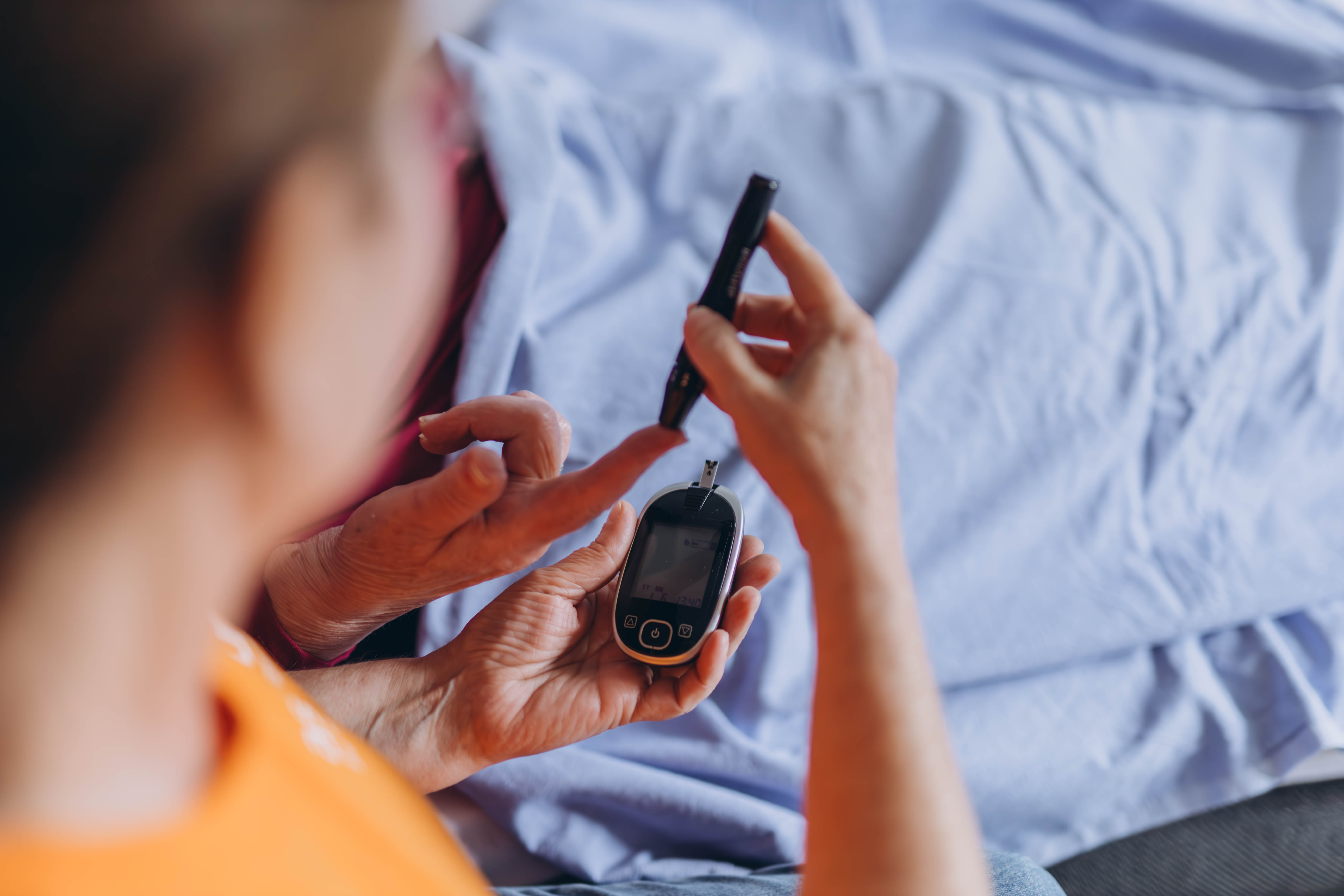
For those with or at risk for diabetes, hydration is a critical, yet often forgotten, part of blood sugar management. When you're dehydrated, the concentration of glucose in your blood increases. Your body releases a hormone called vasopressin to conserve water. This hormone also tells your liver to produce more sugar, leading to a rise in blood glucose. Staying hydrated helps your kidneys flush out excess sugar through urine and ensures your cells receive the glucose they need, making it a simple, yet powerful, tool for managing blood sugar.
41. Weakened Hair and Hair Loss

Your hair is a visible indicator of your internal health, and dehydration can have a surprising effect on its strength and appearance. Your hair follicles require a steady supply of nutrients and moisture to produce healthy hair. When you're dehydrated, your body prioritizes vital organs over less critical functions, like hair growth. This can lead to a reduction in blood flow to the scalp, causing hair to become brittle, dry, and prone to breakage. In some cases, it can even contribute to hair loss. Adequate hydration is a simple, foundational step for a healthy scalp and strong, vibrant hair.
42. Dry or Sticky Gums
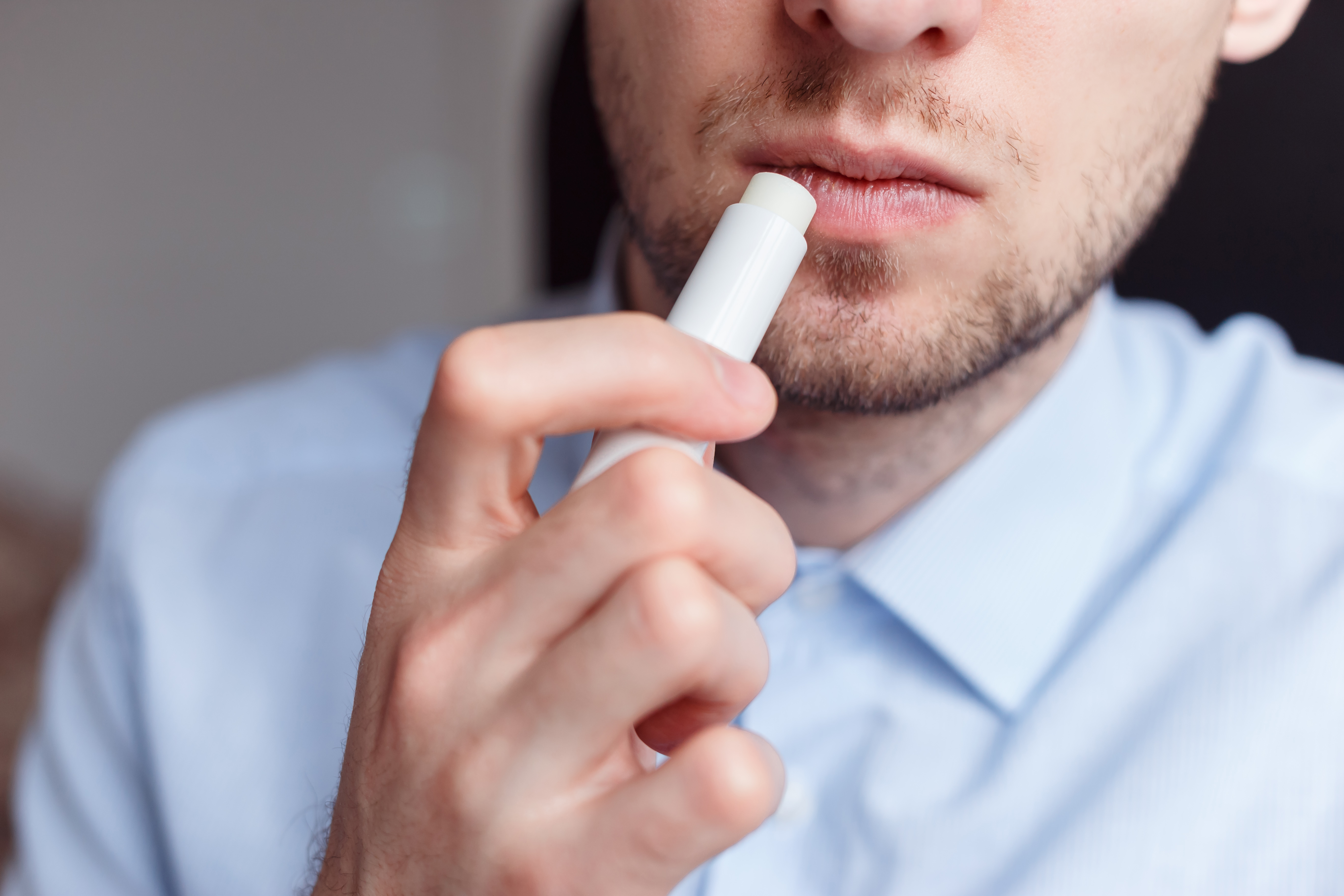
Another subtle sign of dehydration is the condition of your gums. When you're well-hydrated, your gums should appear pink, firm, and moist. However, when you're dehydrated, your salivary glands can't produce enough saliva to keep your gums hydrated. This can cause them to become dry, sticky, or even inflamed. Dry gums are a perfect breeding ground for bacteria, which can increase the risk of gum disease and other oral health issues. Noticing this sticky sensation is a clear signal that your body is in need of fluid.
43. A Loss of Skin Elasticity

A classic test for dehydration is checking skin turgor—its elasticity. When you are well-hydrated, your skin is firm and snaps back quickly when gently pinched. However, when you're dehydrated, your skin loses its elasticity and can take longer to return to its normal state. This is because your skin cells are deprived of water, making them less supple. You can perform this test on the back of your hand or on your stomach. If the skin takes more than a couple of seconds to return to normal, it’s a clear visual signal that you need to drink more water.
44. Unusual Food Cravings

Dehydration can trigger a desire for a range of unusual foods, particularly salty or savory snacks. When your body is low on water, it often tries to restore its electrolyte balance. This can create a craving for foods with high sodium content, such as chips or pretzels. Your brain misinterprets the need for water as a hunger for something salty. Next time you feel an intense urge for something savory, try drinking a large glass of water first. You might find the craving was just a dehydrated signal in disguise.
45. Reduced Tolerance to Cold

While we already mentioned cold hands and feet, a more general sign of dehydration is a reduced tolerance to cold temperatures. Water is crucial for thermoregulation, helping to hold and distribute heat throughout your body. When you're dehydrated, your blood volume drops, and your body can't circulate heat as efficiently. This can make you feel colder than usual and more sensitive to chilly environments. If you're constantly shivering or reaching for a sweater while others are comfortable, it's worth considering your fluid intake.
46. Increased Body Weight
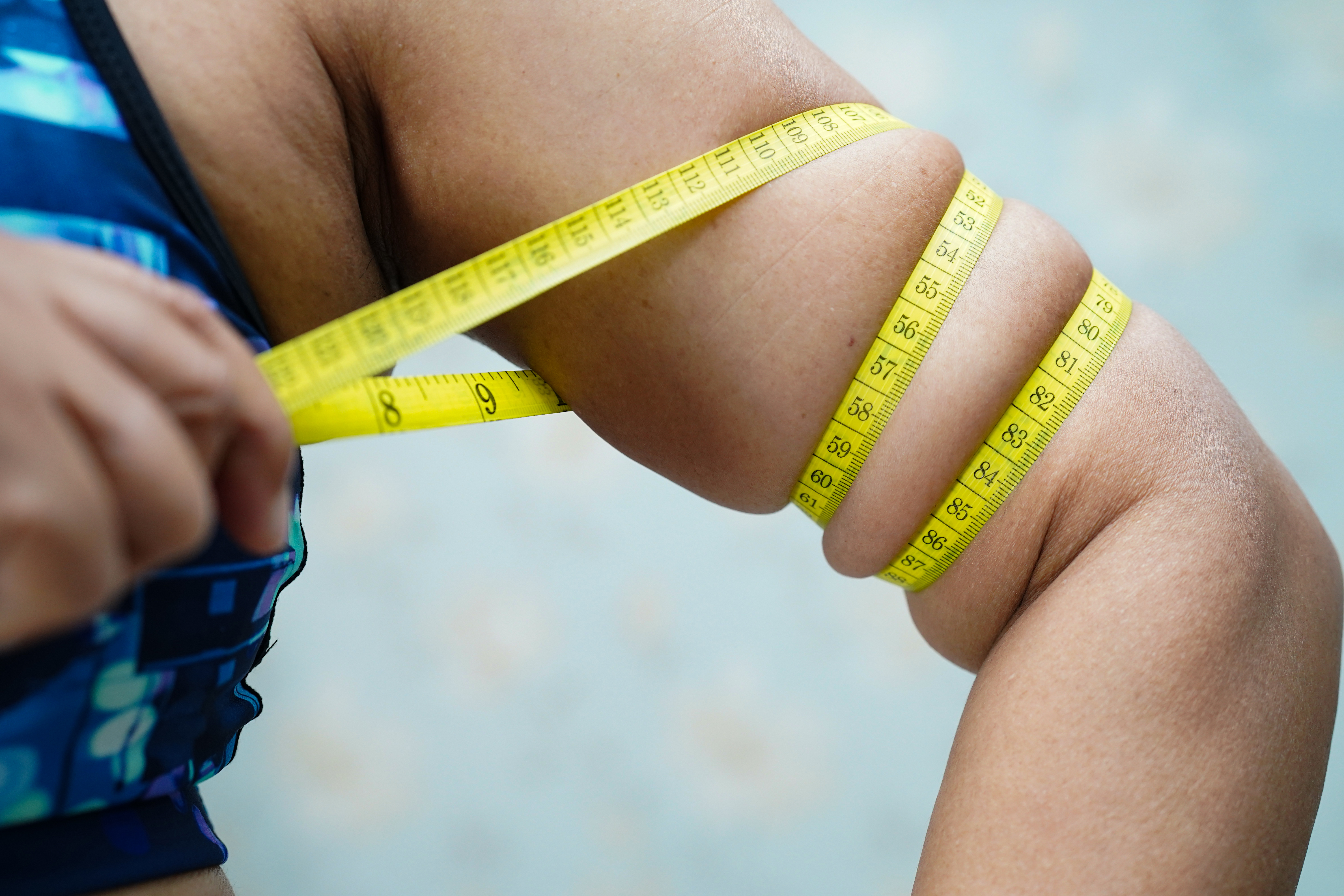
This one seems counterintuitive, but a rapid, unexplained increase in body weight can be a signal of dehydration. When your body is in a state of fluid conservation, it holds onto every drop of water it can. This leads to water retention, which can cause bloating and an increase in your weight. This is often the body's attempt to protect itself from more severe dehydration. While it may seem like you're gaining weight, it's actually just fluid that your body is storing. Rehydrating can help your body release this excess water and return to its normal weight.
47. A Change in the Color of Your Tongue

Your tongue is an excellent indicator of your hydration status. When you are well-hydrated, your tongue should be a healthy pink and have a normal, moist appearance. However, when you're dehydrated, your tongue can become dry and have a white or yellowish coating. This is due to a lack of saliva and a buildup of bacteria. It is a clear and simple visual cue that your body needs water. If you notice a change in the color or texture of your tongue, it is a good time to reach for a glass of water.
48. Unexplained Chills or Cold Sweats

While most people associate dehydration with overheating, it can paradoxically cause unexplained chills or cold sweats. When your body is low on fluids, it struggles to maintain a stable internal temperature. This can disrupt your body’s thermoregulation, causing it to overreact and send signals that create the sensation of being cold, even when it's not. If you find yourself shivering or getting cold sweats out of nowhere, it’s a subtle sign that your body's temperature control system is out of whack and needs water to function properly.
49. An Increase in Anxiety

Beyond general mood swings, a subtle but significant sign of dehydration can be a noticeable increase in anxiety. Your brain relies on a delicate balance of hormones and neurotransmitters, and even a small fluid imbalance can disrupt this. Dehydration can increase cortisol (the stress hormone) and decrease serotonin, leading to a heightened state of anxiety. If you feel more on edge or have a racing mind for no clear reason, try a glass of water. It's a simple, foundational step to help your nervous system regulate itself and restore a sense of calm.
50. Blurred Vision or Eye Strain

Dehydration can have a surprising effect on your vision. Your eyeballs are mostly fluid, and a lack of water can impact their shape and function. Dehydration can cause a decrease in tear production, leading to dry, irritated eyes and blurry vision. It can also cause a temporary inability to focus, which is often dismissed as simple eye strain from too much screen time. If your vision is consistently fuzzy or your eyes feel tired and uncomfortable, it may be a sign that your body is not properly hydrating your eyes.
51. A Feeling of Bloating

This may seem counterintuitive, but a feeling of being bloated can be a sign of dehydration. When your body is in a state of fluid conservation, it holds onto every drop of water it can get, which can lead to water retention and a bloated feeling. Additionally, a lack of water can slow down your digestive system, leading to gas and constipation (as noted in another point), both of which can cause bloating. A glass of water can help your body release this excess water and get your digestive system back on track.
52. Sudden Loss of Strength

If you're experiencing a sudden, unexplained loss of strength, dehydration might be the culprit. Your muscles are made of 75% water, and a lack of hydration can have a significant impact on their strength and function. Dehydration can reduce the volume of blood in your system, which means your muscles are not getting the oxygen and nutrients they need to perform at their best. If you find yourself struggling to lift something that you normally would have no problem with, it’s a clear sign that your body is in need of fluid.
53. Sudden Food Aversions

When your digestive system is not properly lubricated with water, it can struggle to break down and process food efficiently. This can cause your body to subconsciously reject certain foods, especially those that are dry or difficult to digest. Your brain, sensing the digestive strain, may trigger a feeling of repulsion towards these foods as a way to protect itself. This is your body's way of conserving energy and avoiding a digestive battle it isn't ready for, making it a clever, albeit confusing, signal.
54. Aching Joints and Bones

Your cartilage, the protective tissue around your joints, is composed of about 60-80% water. Dehydration directly impacts this fluid content, reducing the cushioning effect and leading to increased friction between bones. This isn't just about a "lack of lubrication"—it’s a physical shrinking of the cartilage itself. If you notice a dull, persistent ache in your knees or hips without having exercised, or if a popping sound becomes more frequent, it could be a sign that the very structure of your joints is thirsty for a top-up.
55. Static Electricity Shocks
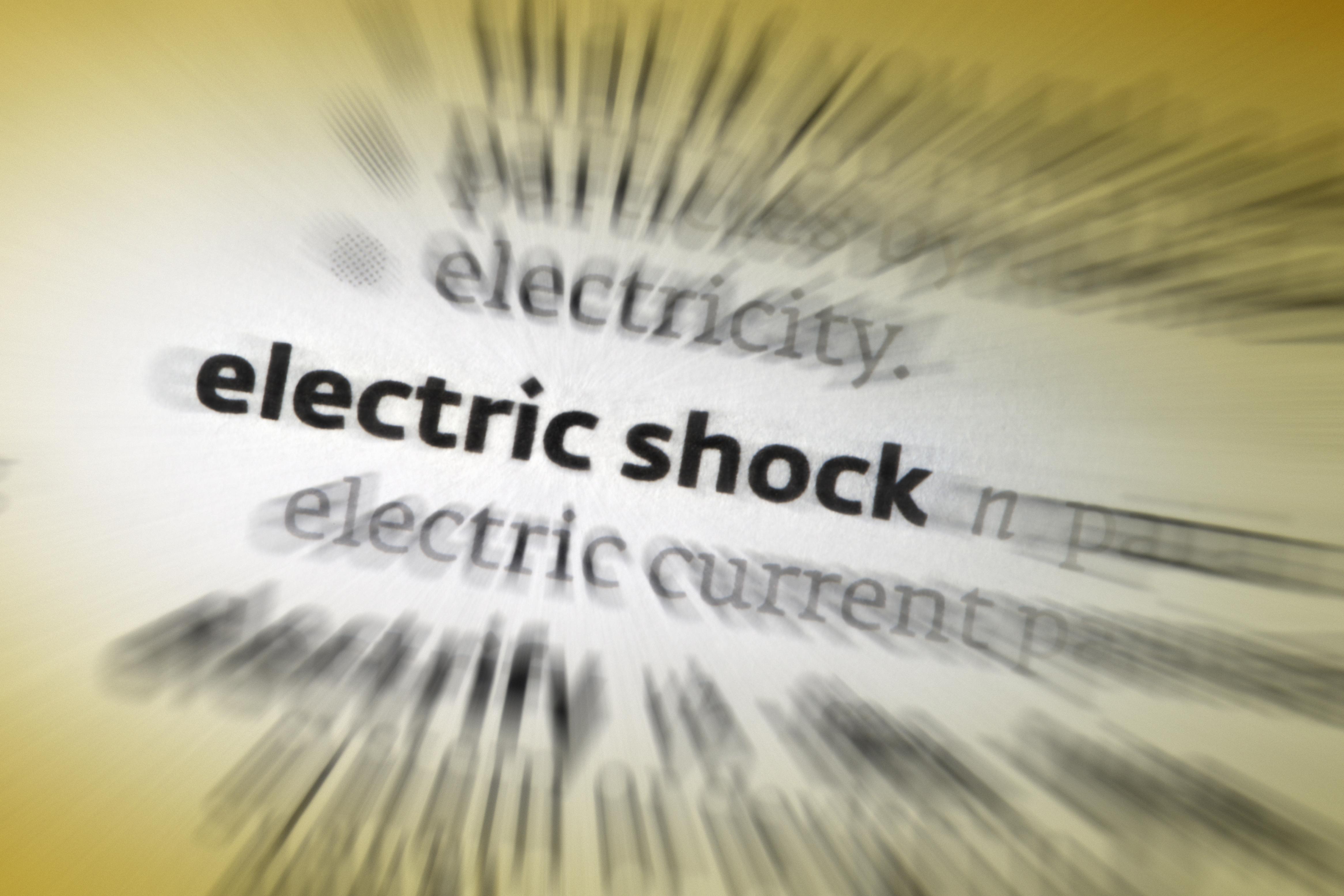
Ever feel like you’re constantly getting shocked by a doorknob or a person's hand? While static electricity is often associated with low humidity, your internal hydration plays a key role. When you are dehydrated, the electrical conductivity of your skin is reduced, causing a buildup of static charge. Water acts as a conductor, grounding your body and helping to neutralize these charges. If you’re zapping everything you touch and have ruled out wool sweaters and dry carpets, your body might be giving you a shocking signal that it needs more water to re-establish its natural electrical balance. It's an unusual, but very real, cue.
56. Reduced Salivary Flow

Bad breath and a dry mouth are mentioned, but let's go deeper into the mechanics. The feeling of a truly dry, sticky mouth is a classic sign. However, a more subtle, earlier cue is a simple reduction in saliva flow. When your body begins to conserve water, it cuts back on non-essential fluid production, and saliva is one of the first things to go. You might find yourself having to drink water just to talk, or noticing that your tongue feels thick and clumsy. Your body is rationing its water, and this is the first stage. This reduced lubrication makes chewing and swallowing a conscious effort, a clear and helpful signal that your hydration is running on fumes.
57. A Metallic Taste in Your Mouth

This is an often-overlooked and strange signal. Dehydration can lead to a slightly metallic or bitter taste in your mouth, sometimes accompanied by a fuzzy or sticky feeling. This is due to an increased concentration of minerals and waste products in the saliva that remains. When saliva production slows, these compounds don't get diluted or washed away as they normally would. The result is a persistent, unpleasant aftertaste that no amount of brushing seems to fix. If you feel like you've been chewing on a handful of pennies, your body might be trying to tell you that it's in a state of fluid stress.
58. Persistent Skin Blemishes
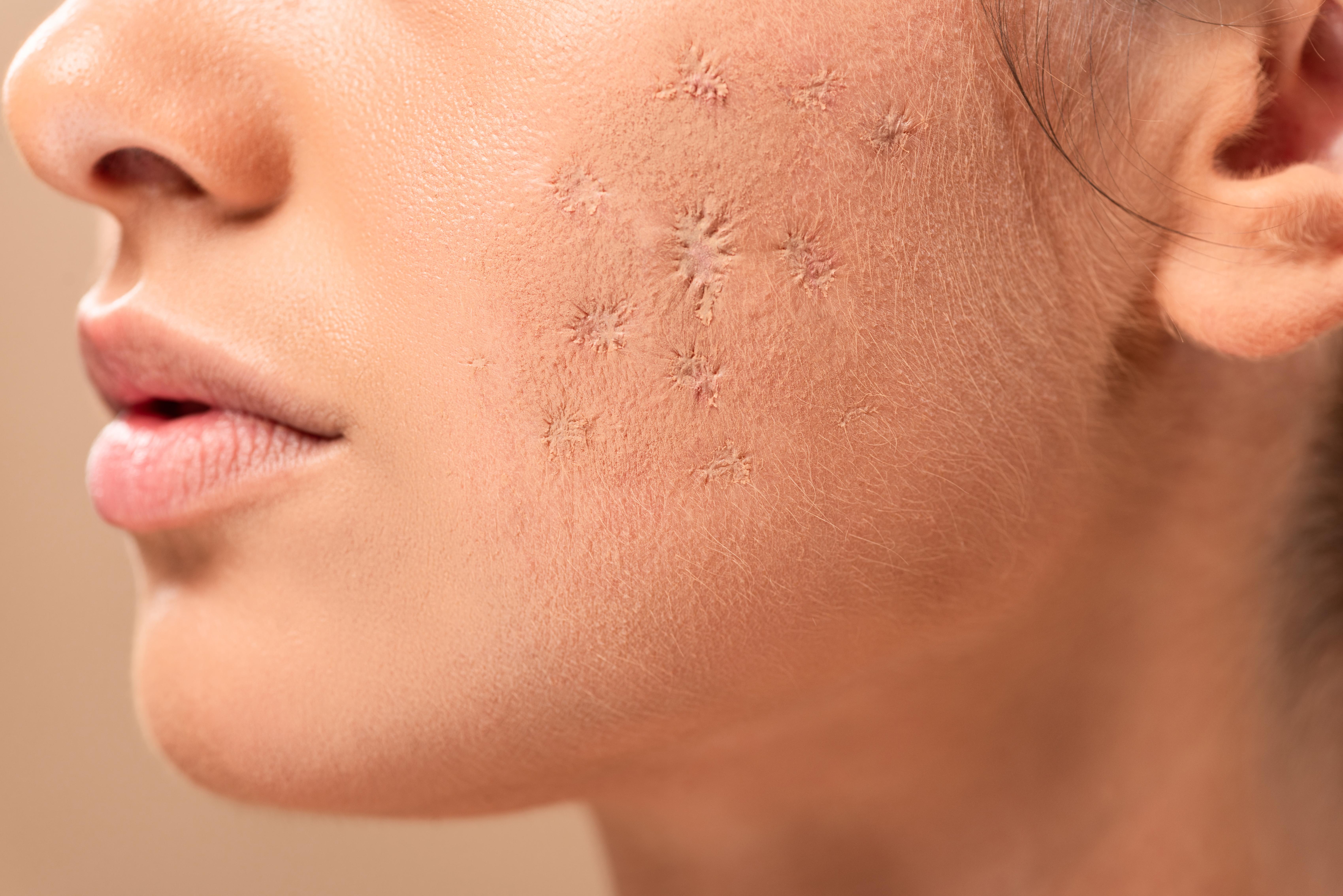
If you're battling stubborn acne or other skin blemishes, hydration may be the missing piece of the puzzle. When your skin is dehydrated, it tries to compensate by producing more oil, or sebum. This excess oil can combine with dead skin cells and clog your pores, creating a perfect environment for breakouts. Furthermore, dehydrated skin can't shed dead cells as effectively, leading to a build-up that also contributes to blemishes. Instead of relying solely on topical creams, consider drinking more water to help your body regulate oil production and properly flush toxins.
59. A Flaring of Allergies
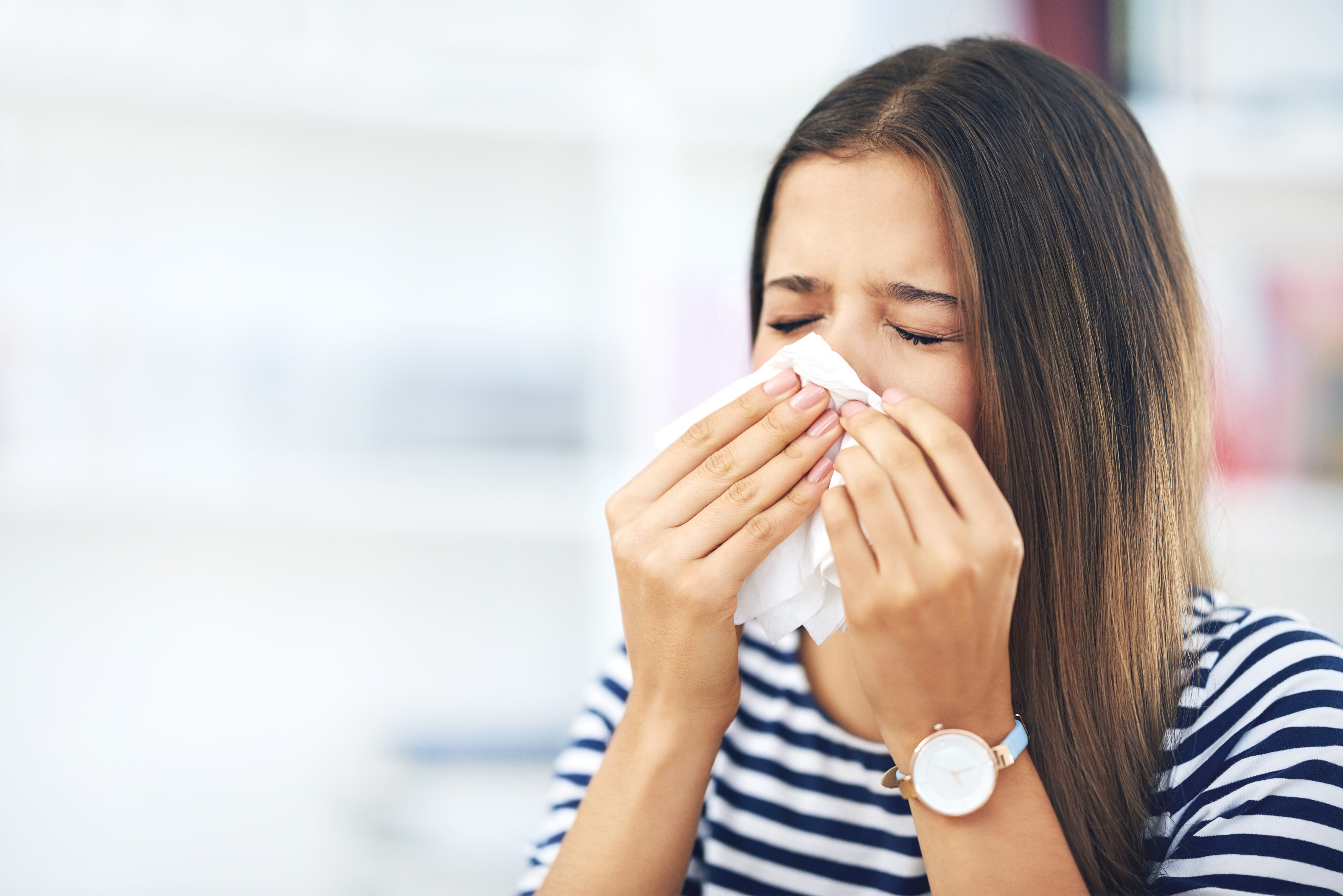
Dehydration can make you feel more sensitive to allergens, leading to an increase in symptoms like sneezing, nasal congestion, or a dry, scratchy throat. When your body is low on fluids, the mucous membranes that line your nose and throat can dry out and lose their ability to trap airborne irritants like pollen and dust. This makes it easier for allergens to enter your system and trigger an inflammatory response. Staying hydrated helps keep these membranes moist and effective, acting as a natural defense against seasonal allergies and environmental irritants.
60. Sudden Onset of Anxiety

Beyond general mood swings, a subtle but significant sign of dehydration can be a noticeable increase in anxiety. Your brain relies on a delicate balance of hormones and neurotransmitters, and even a small fluid imbalance can disrupt this. Dehydration can increase cortisol (the stress hormone) and decrease serotonin, leading to a heightened state of anxiety. If you feel more on edge or have a racing mind for no clear reason, try a glass of water. It's a simple, foundational step to help your nervous system regulate itself and restore a sense of calm.
61. Difficulty Regulating Body Temperature

Dehydration can paradoxically lead to issues with both hot and cold sensations. When you're dehydrated, your body's ability to sweat—a crucial mechanism for cooling down—is compromised. This can cause your core body temperature to rise, making you feel uncomfortably hot and flushed. At the same time, a lack of fluid can impair circulation, causing you to feel colder than usual in your hands and feet. If your body's internal thermostat seems out of whack, a lack of water is a very likely culprit.
62. Chronic Bad Breath
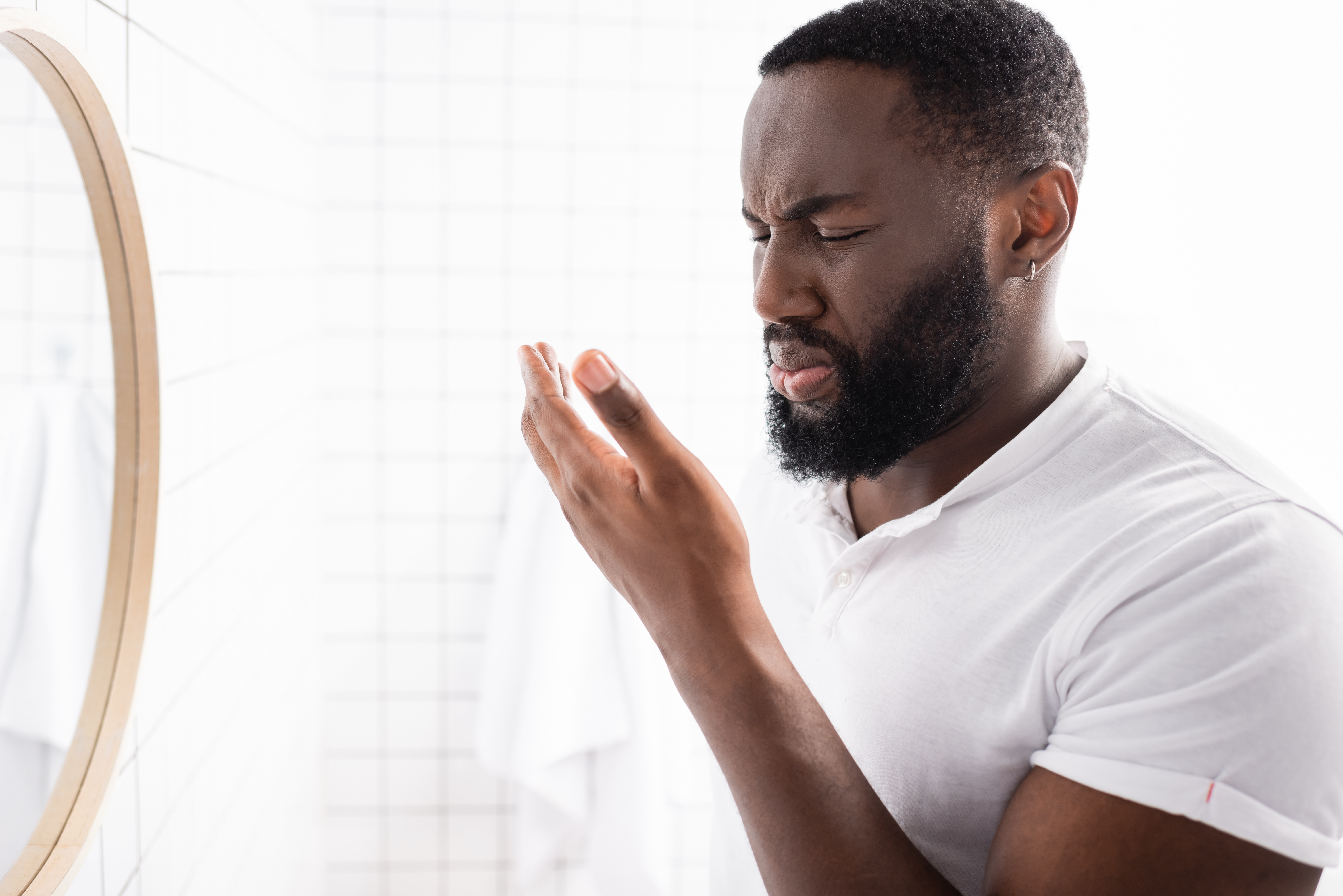
Bad breath, or halitosis, is an unpleasant condition that can be directly linked to dehydration. Saliva is your body's natural mouthwash; it helps wash away food particles and bacteria that cause foul odors. When you're dehydrated, your salivary glands can't produce enough saliva, leading to a dry mouth where bacteria can thrive and multiply. If you've tried brushing, flossing, and mouthwash without success, your breath may be a signal that you need to increase your fluid intake to restore proper saliva production.
63. Voice Changes and Hoarseness
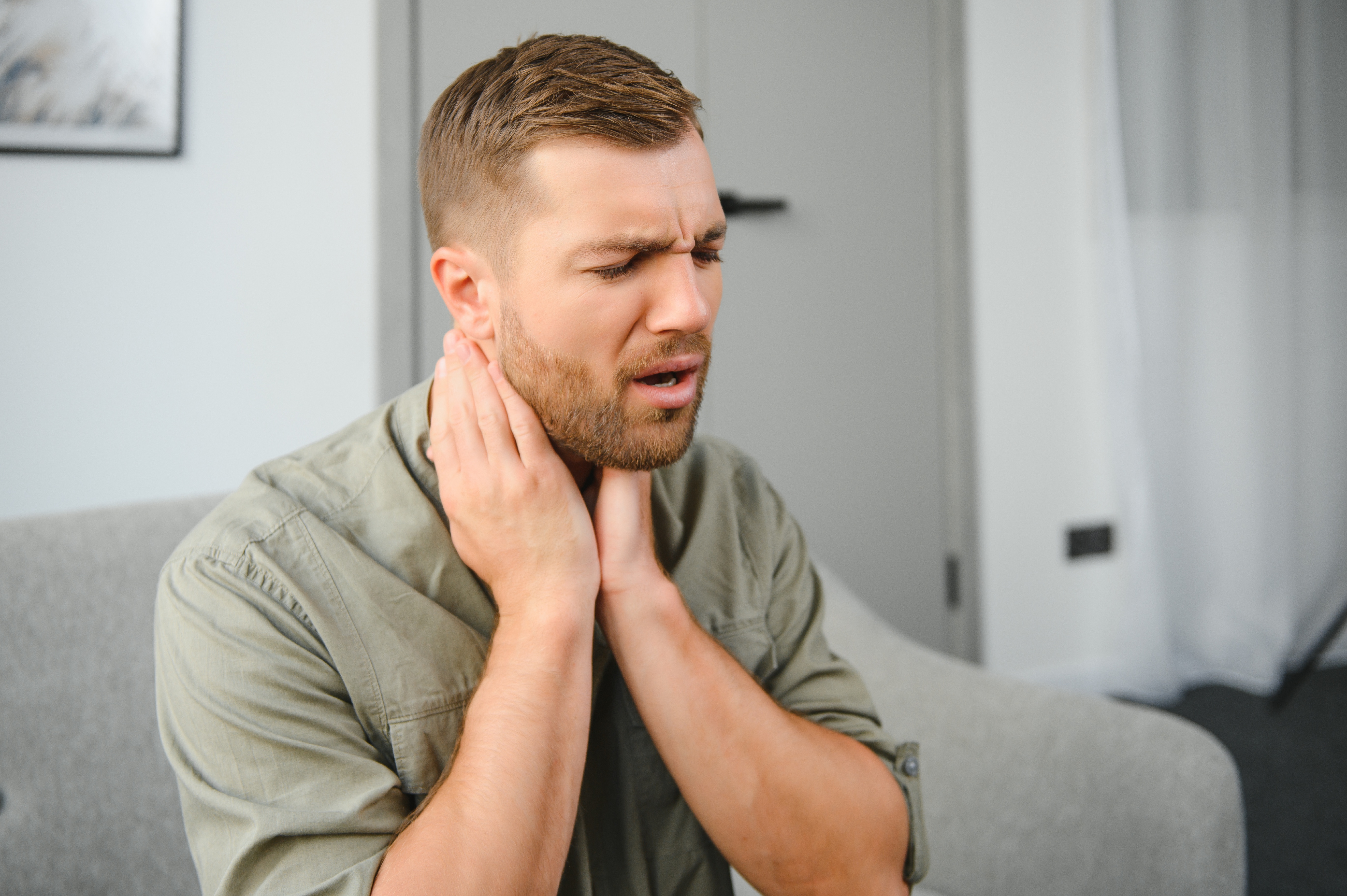
Have you ever noticed your voice sounds a bit scratchy or you have to clear your throat more often? Dehydration could be the surprising reason. Your vocal cords are delicate muscles that require a thin layer of lubrication to vibrate smoothly and produce sound. When you're dehydrated, the mucous membranes in your throat and around your vocal cords dry out. This reduces their lubrication, making your voice sound rough or hoarse. If you find yourself losing your voice or experiencing persistent dryness without an illness, it may be your body's way of signaling that it's running low on fluids.
64. Sudden Mood Changes

Beyond general mood swings, a subtle but significant sign of dehydration can be a noticeable increase in irritability or anxiety. Your brain, which is about 75% water, relies on a delicate balance of hormones and neurotransmitters. Even a small fluid imbalance can disrupt this, leading to a heightened state of agitation. Dehydration can cause a spike in cortisol (the stress hormone) and a drop in serotonin, the "feel-good" hormone. If you feel more on edge or have a short temper for no clear reason, a glass of water might be the simplest solution to help your nervous system regulate itself and restore a sense of calm.
65. Unexplained Joint Popping or Clicking
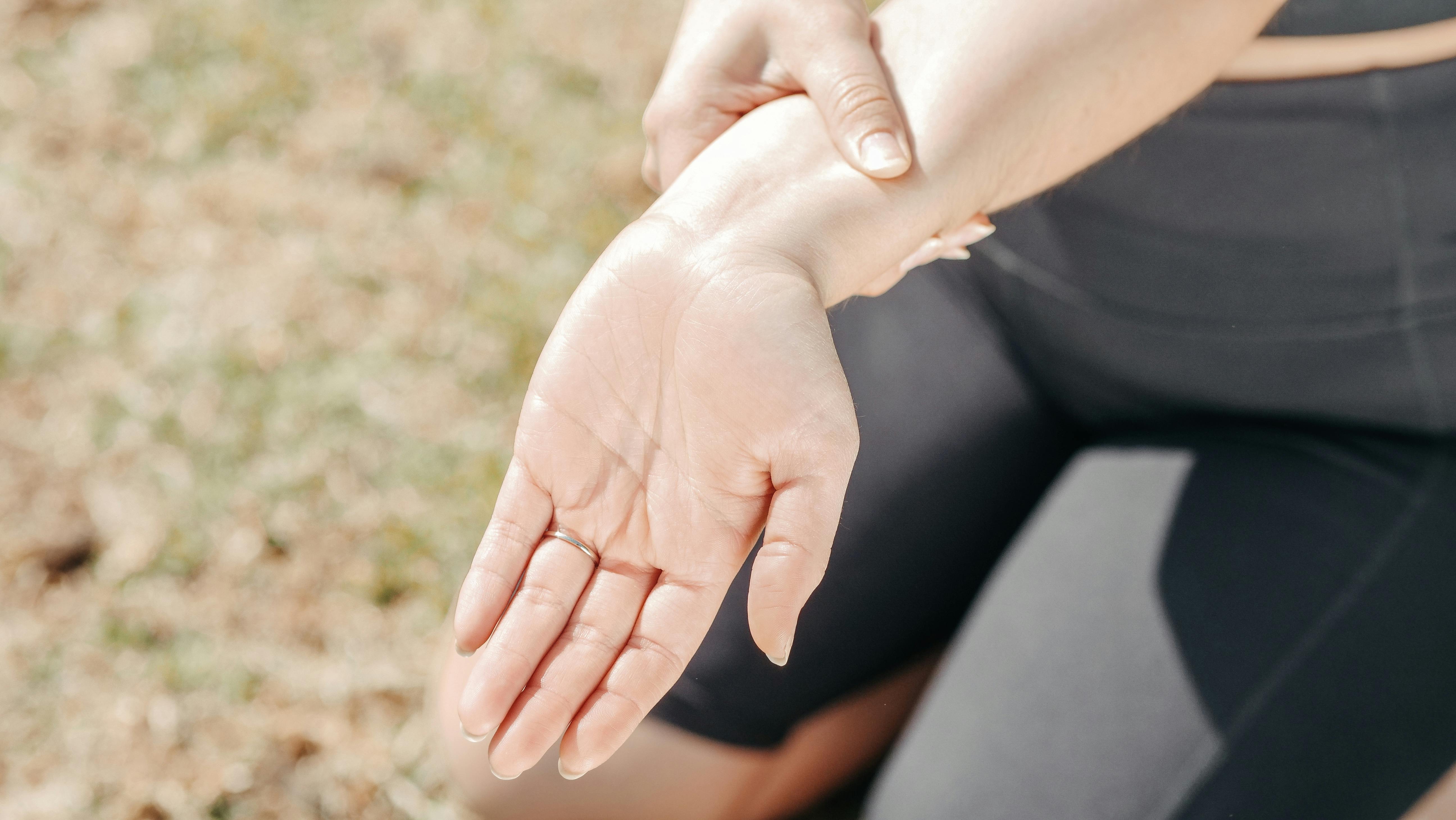
If your knees, hips, or shoulders have suddenly become noisy—exhibiting frequent, unexplained popping or clicking (crepitus) during normal movement—dehydration may be impacting your joints. Water is a key component of synovial fluid, the thick, viscous liquid that lubricates cartilage and acts as a shock absorber. When fluid levels drop, the synovial fluid becomes thinner, reducing its cushioning effect and potentially allowing gas bubbles to form or tissues to rub together more readily. This reduced lubrication results in increased friction and the annoying popping sound. Hydrating regularly helps restore the viscosity of this joint fluid, protecting your cartilage and quietly reducing the frequency of those audible joint complaints.
Your Body Knows—Now You Do Too

Hydration is foundational—it affects your mood, your mind, your movement. By learning to recognize these subtle cues, you’re no longer guessing what your body needs. You’re responding. You’re restoring. You’re preventing the spiral before it starts. So the next time your body whispers, listen—and pour yourself a reminder that health starts with the simplest choice of all. Drink up. You’re not just quenching thirst—you’re building balance, one sip at a time.